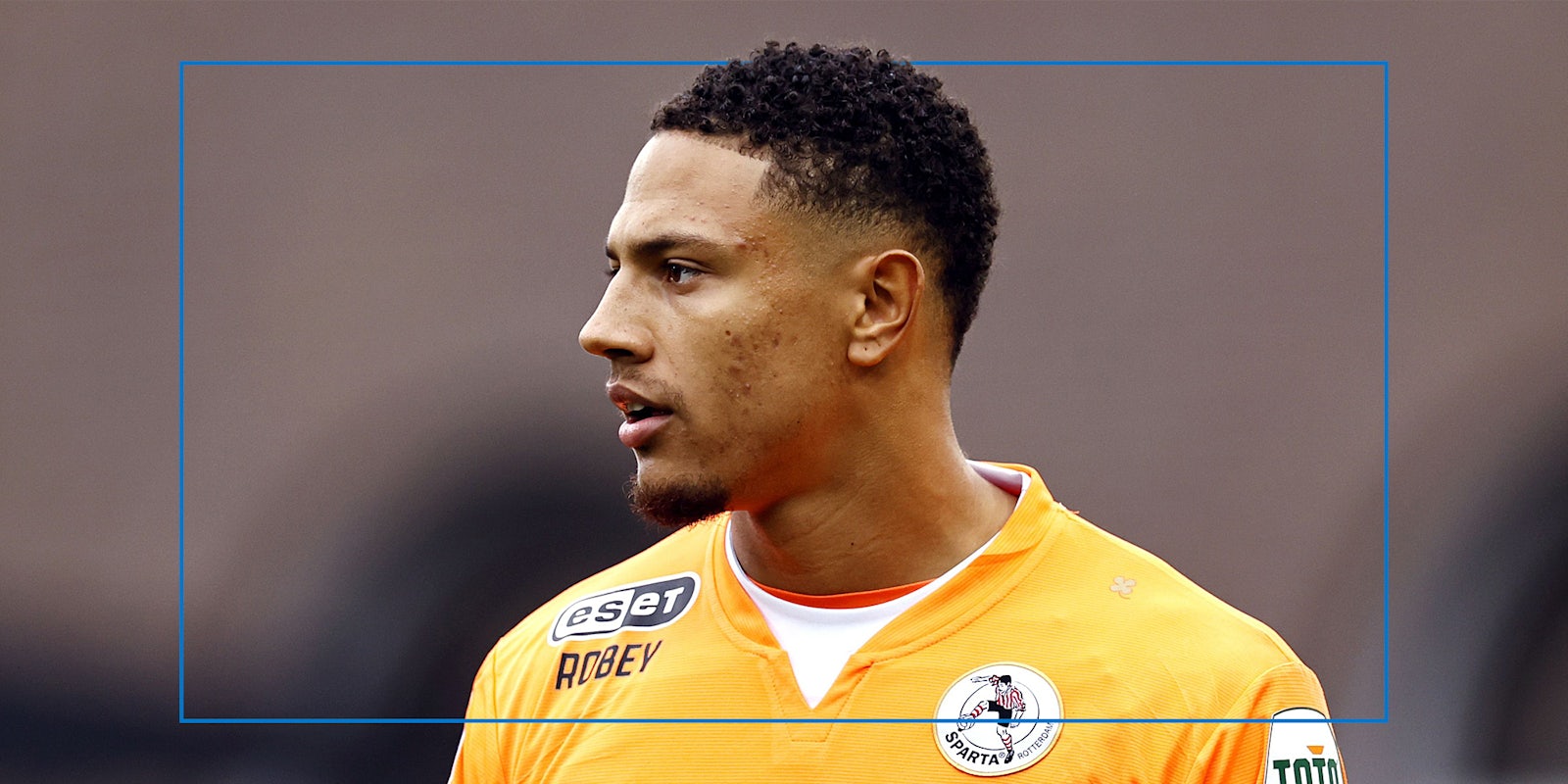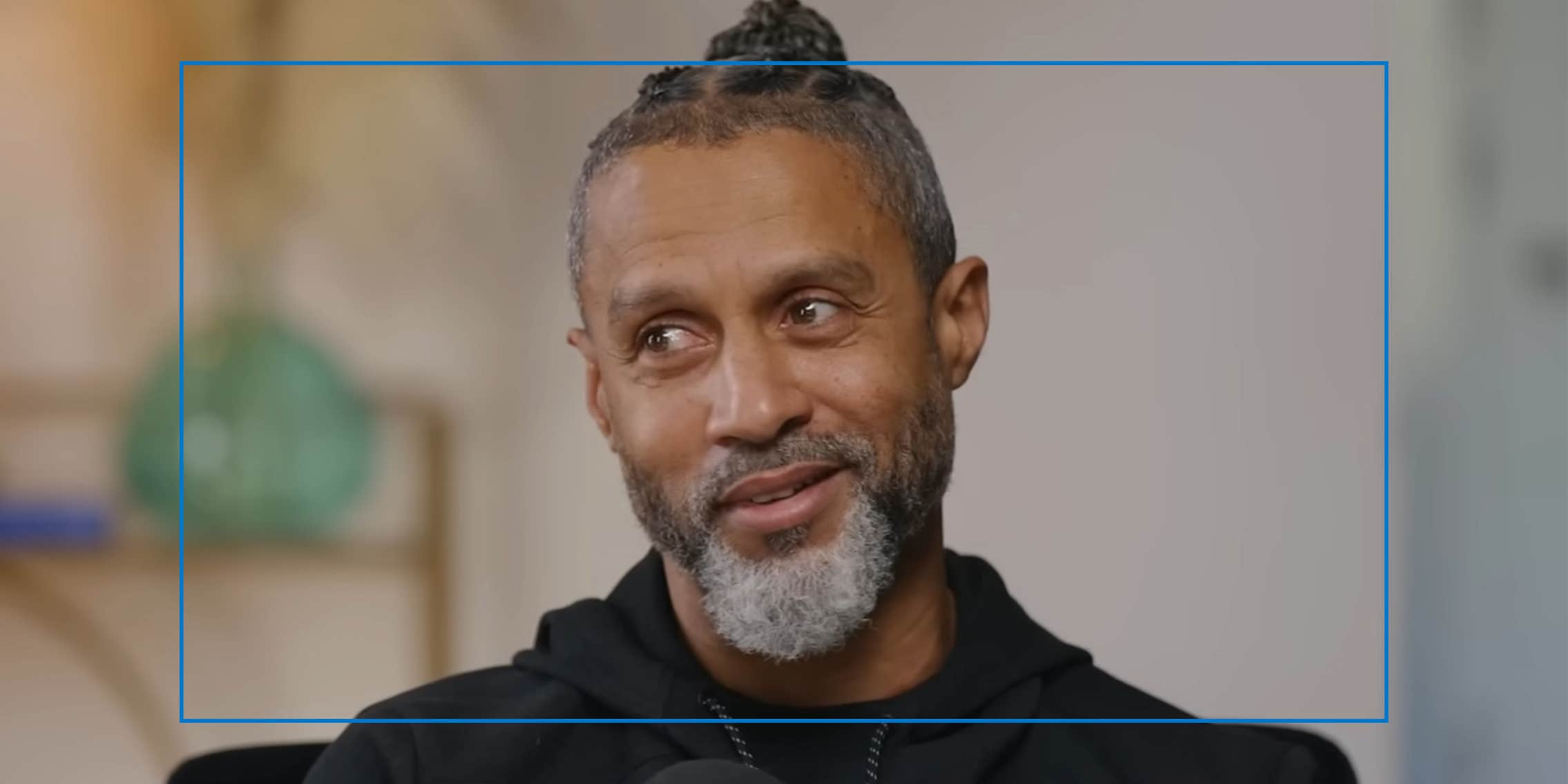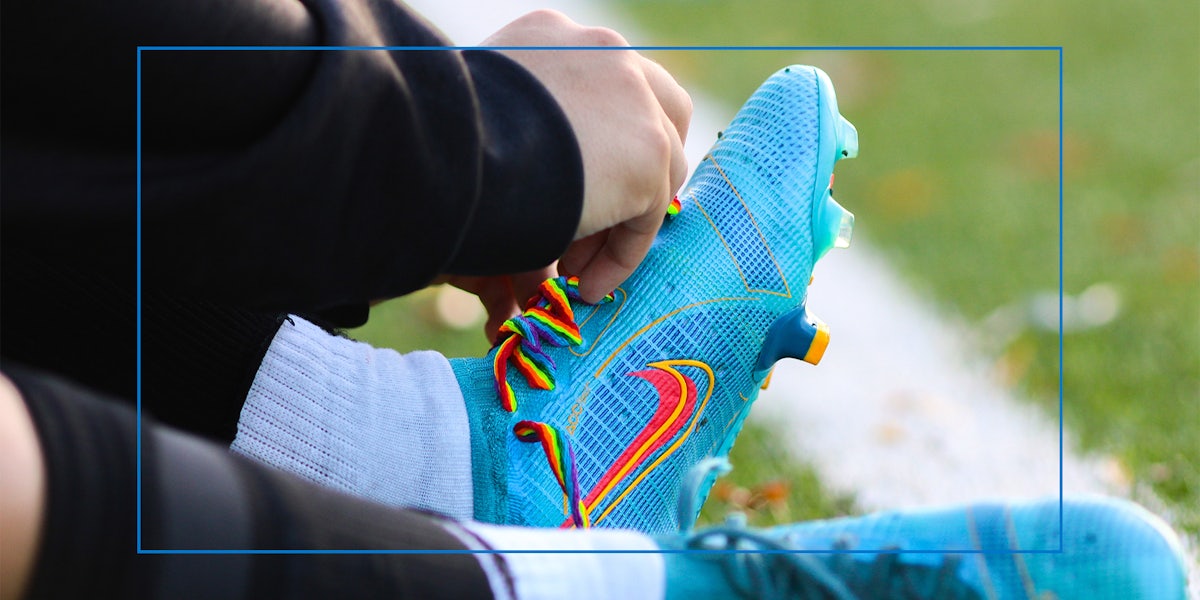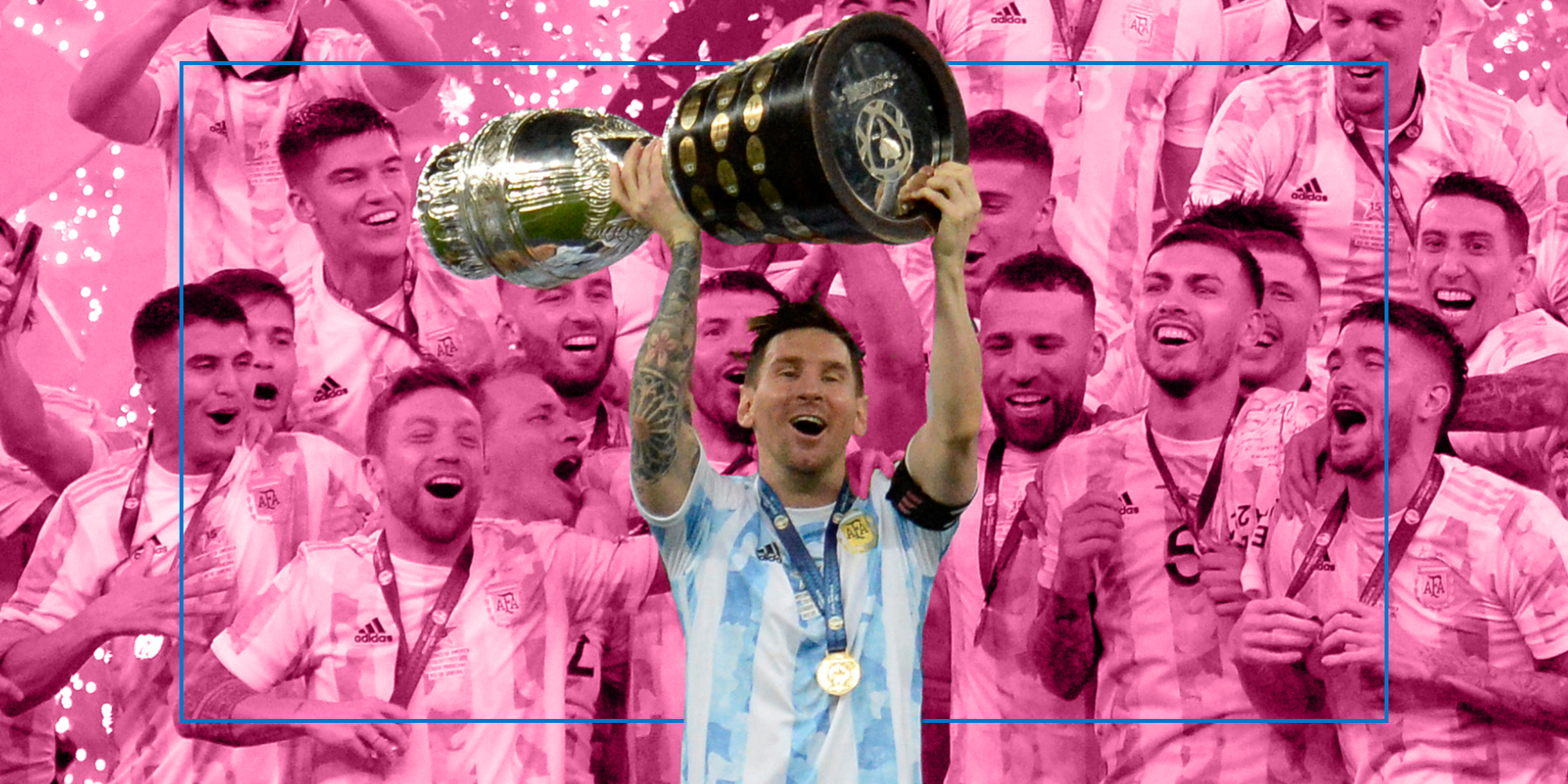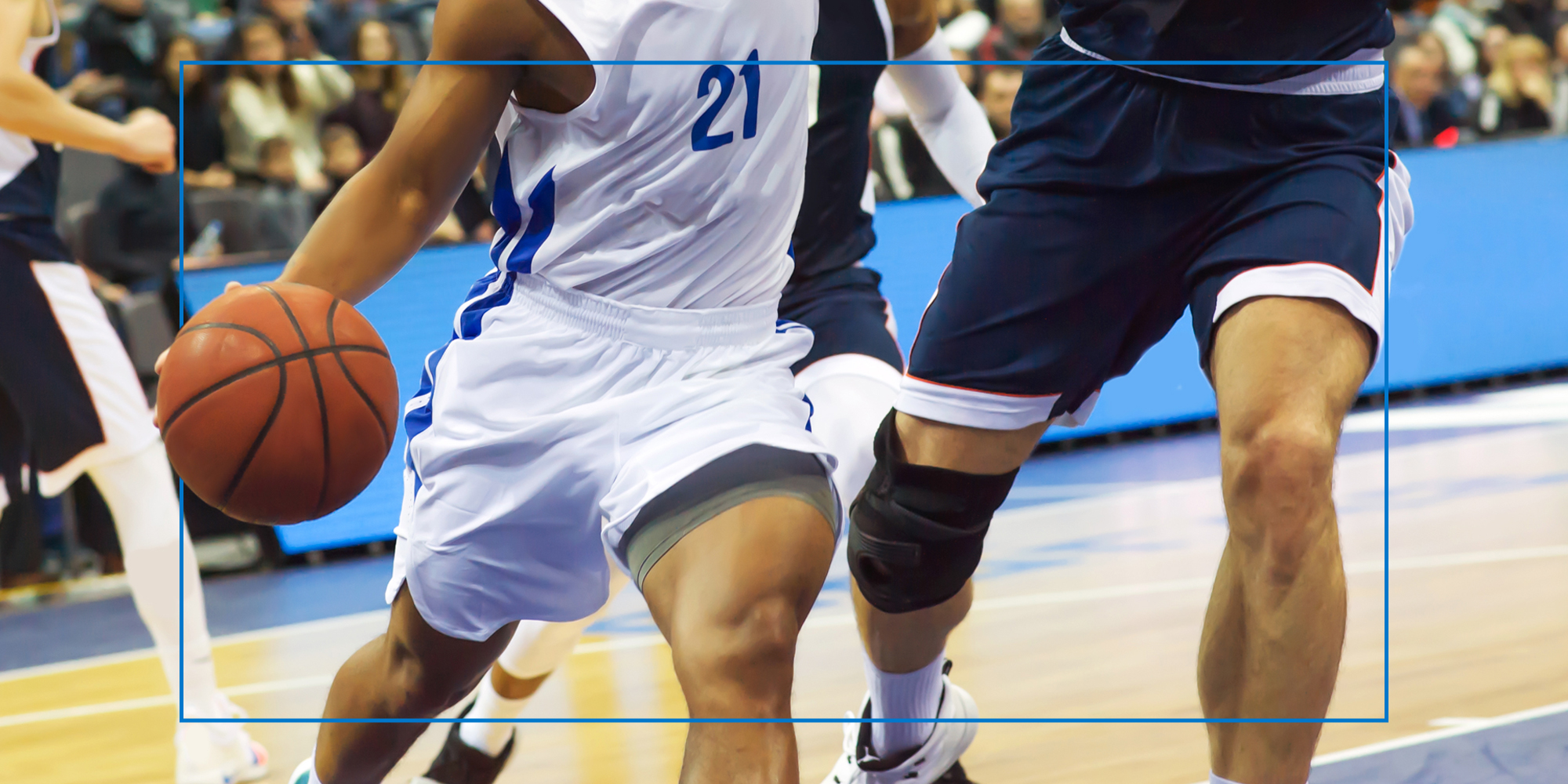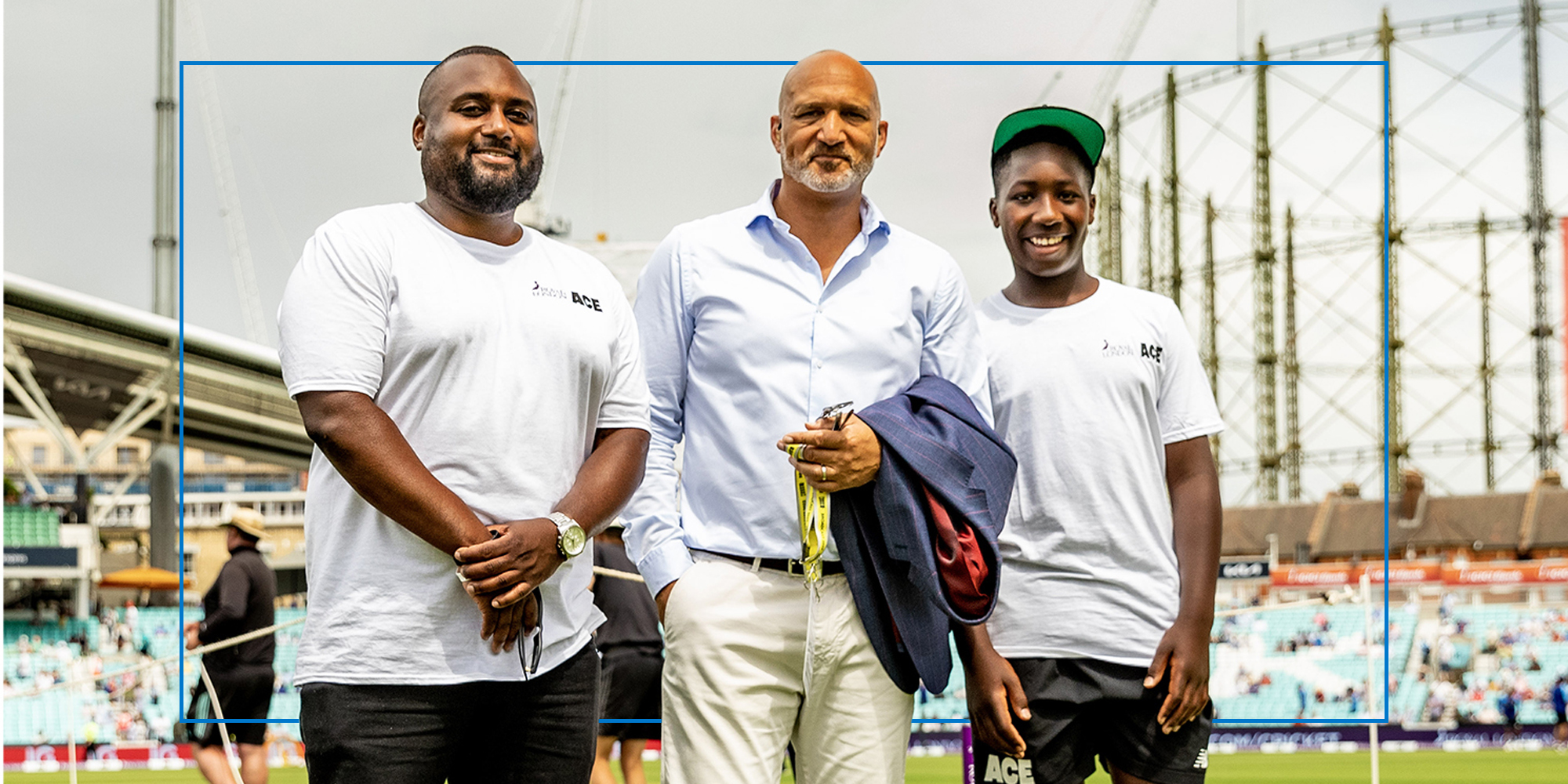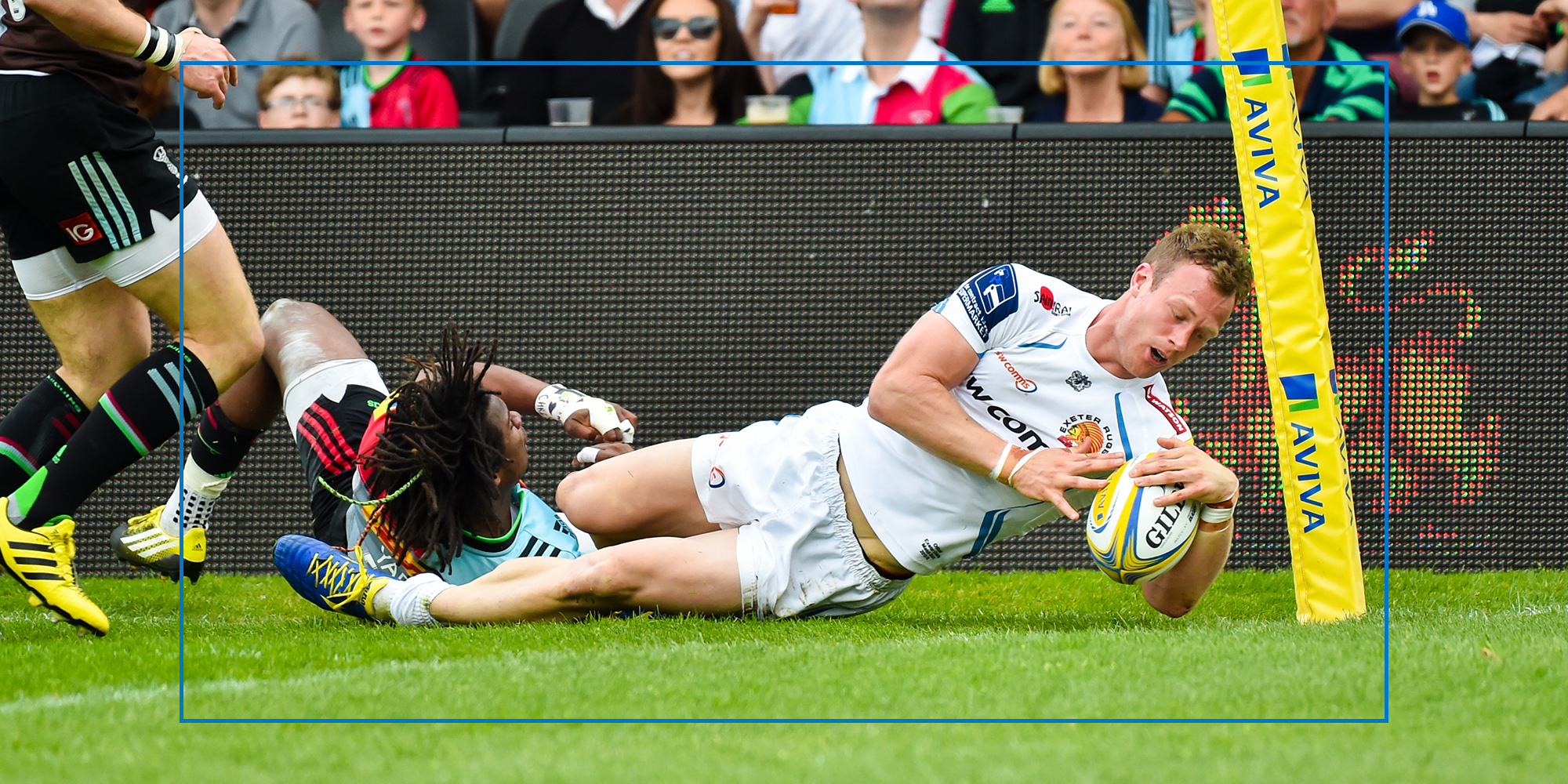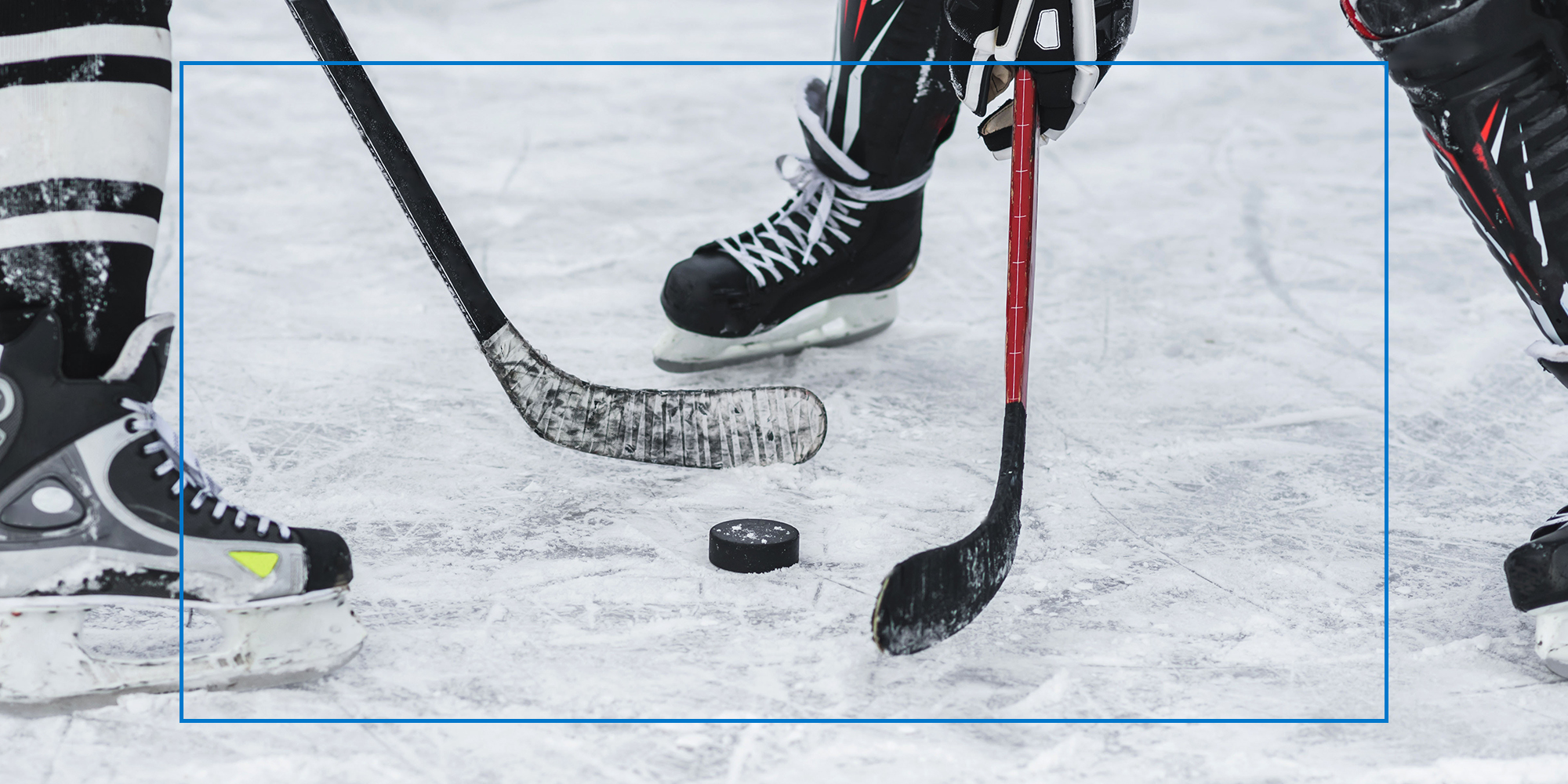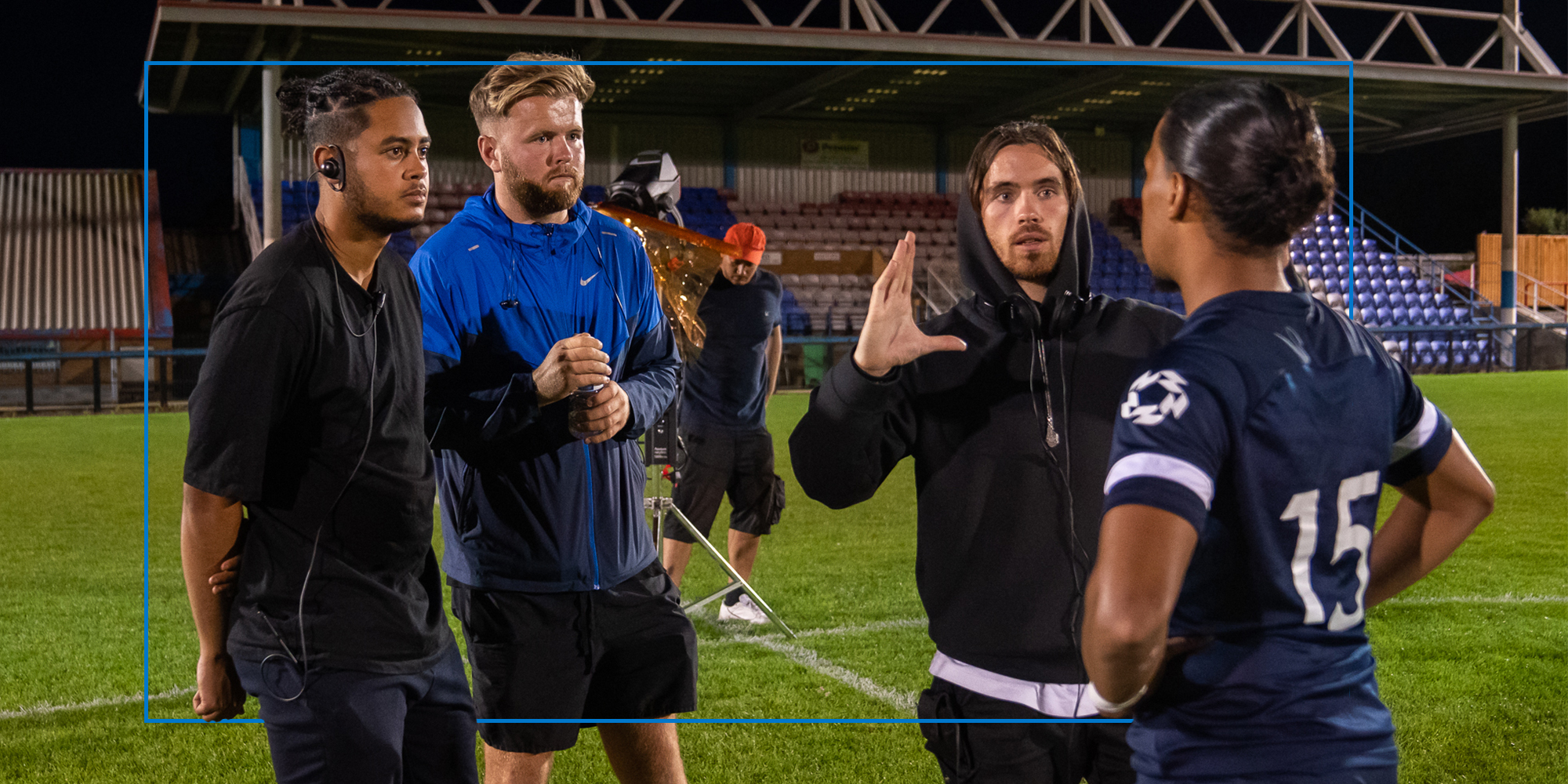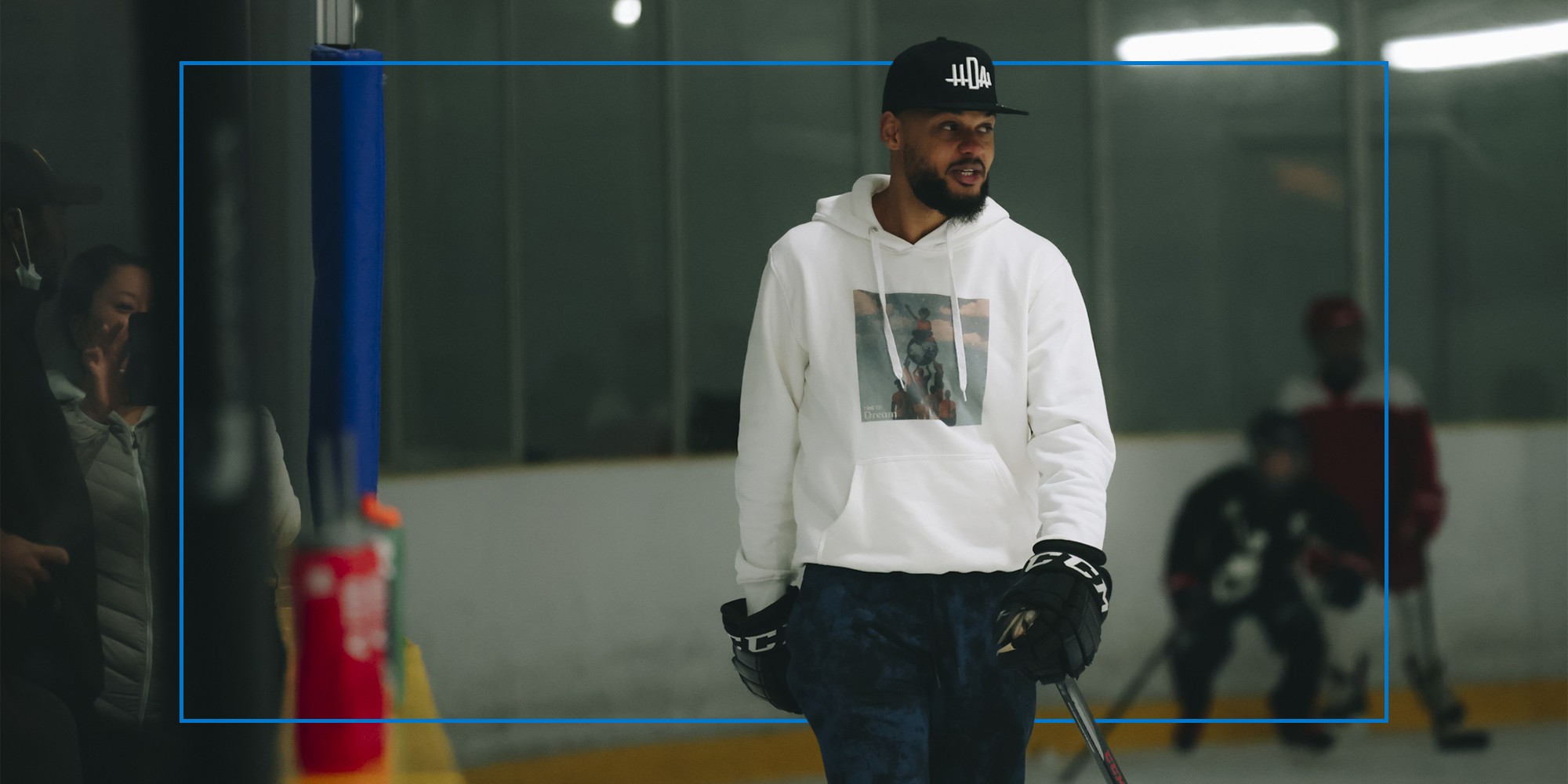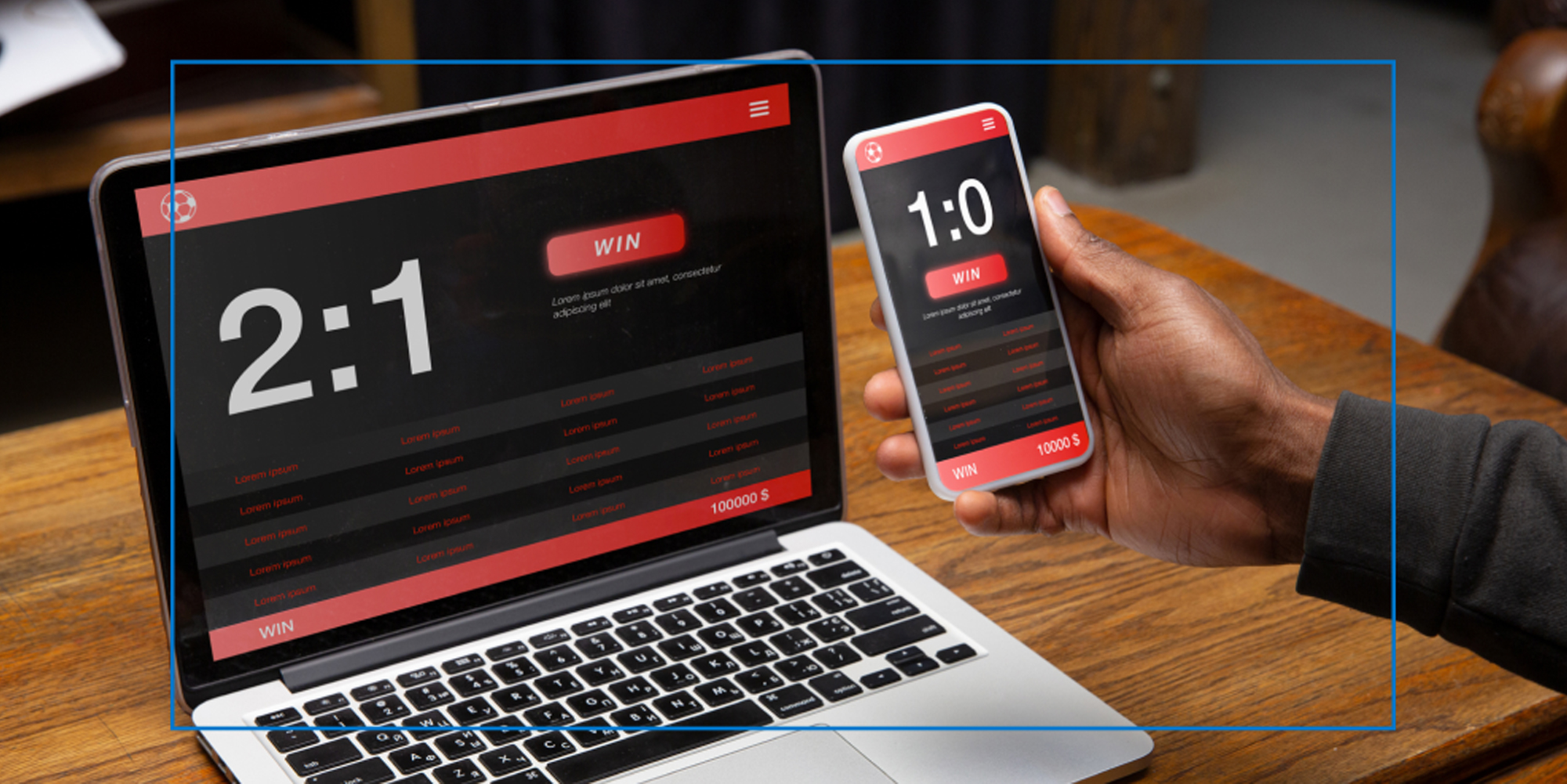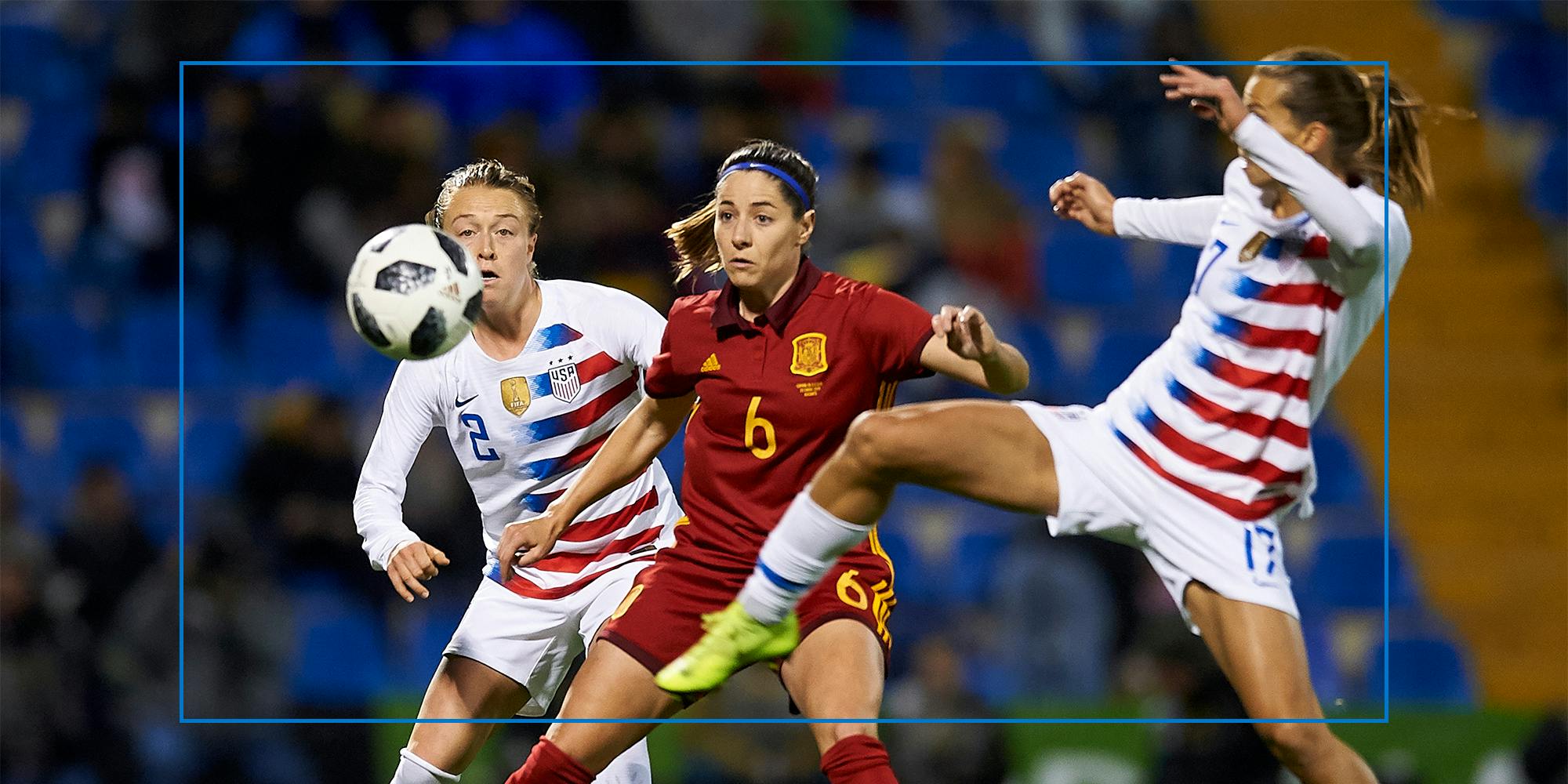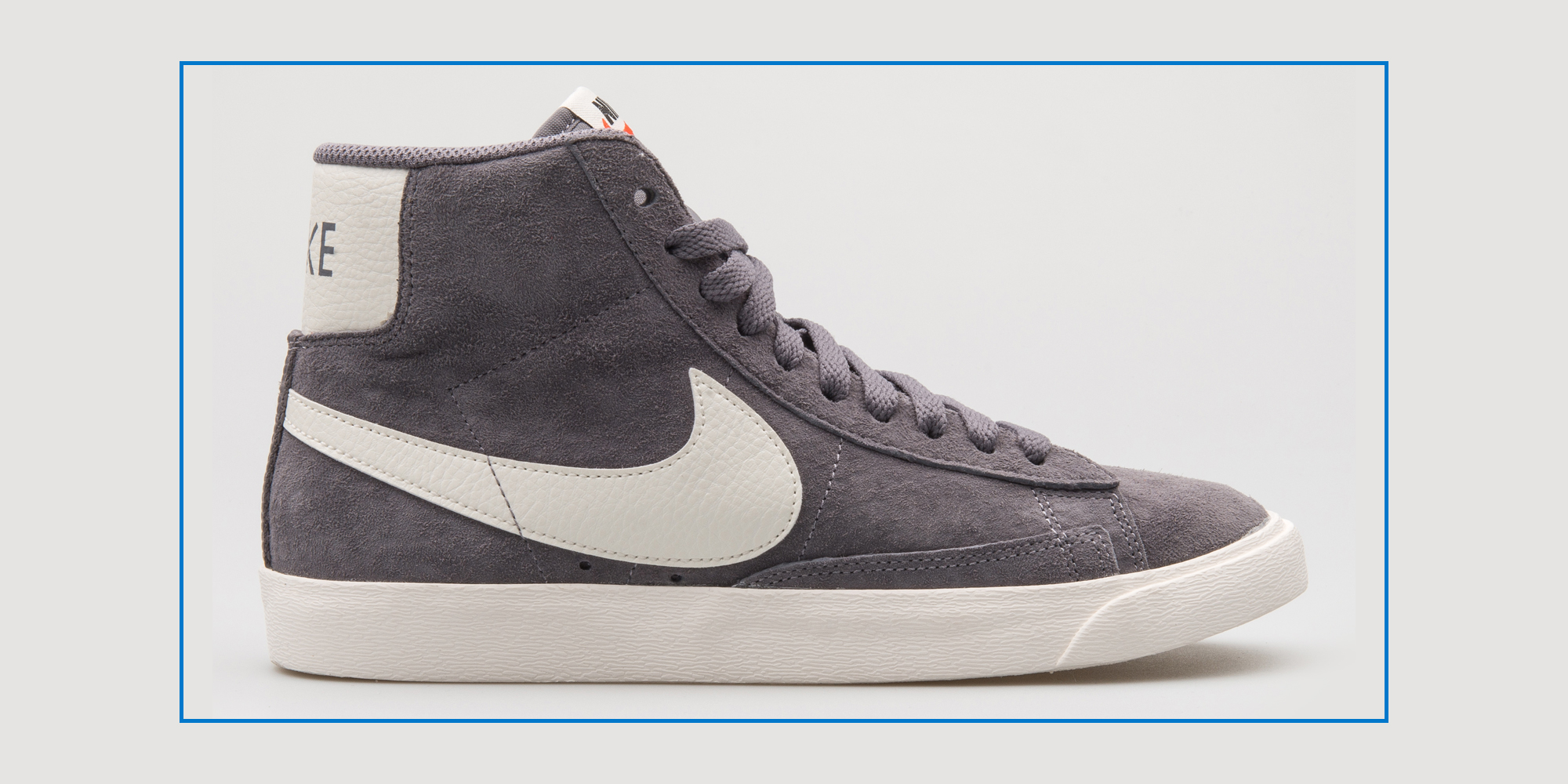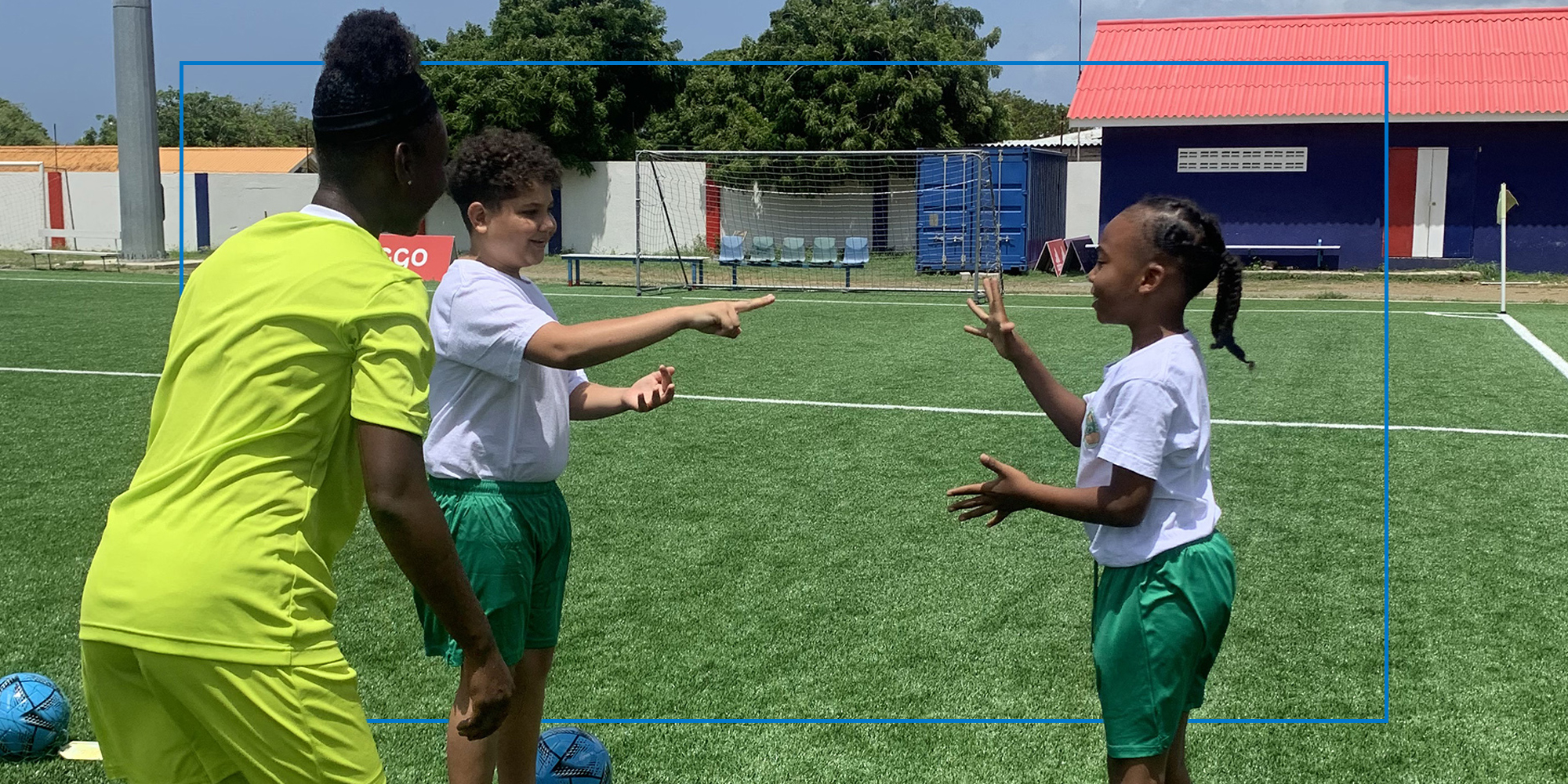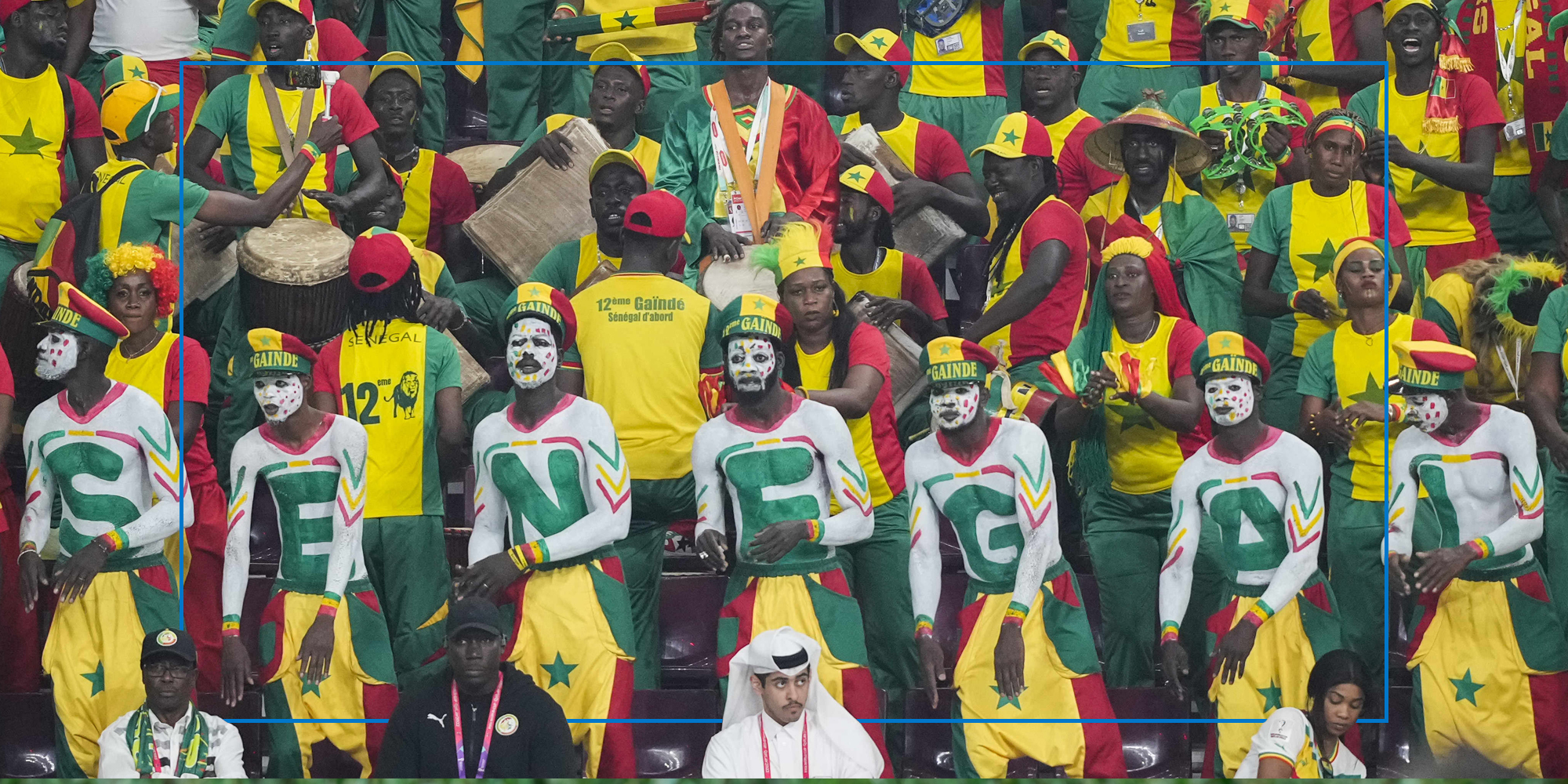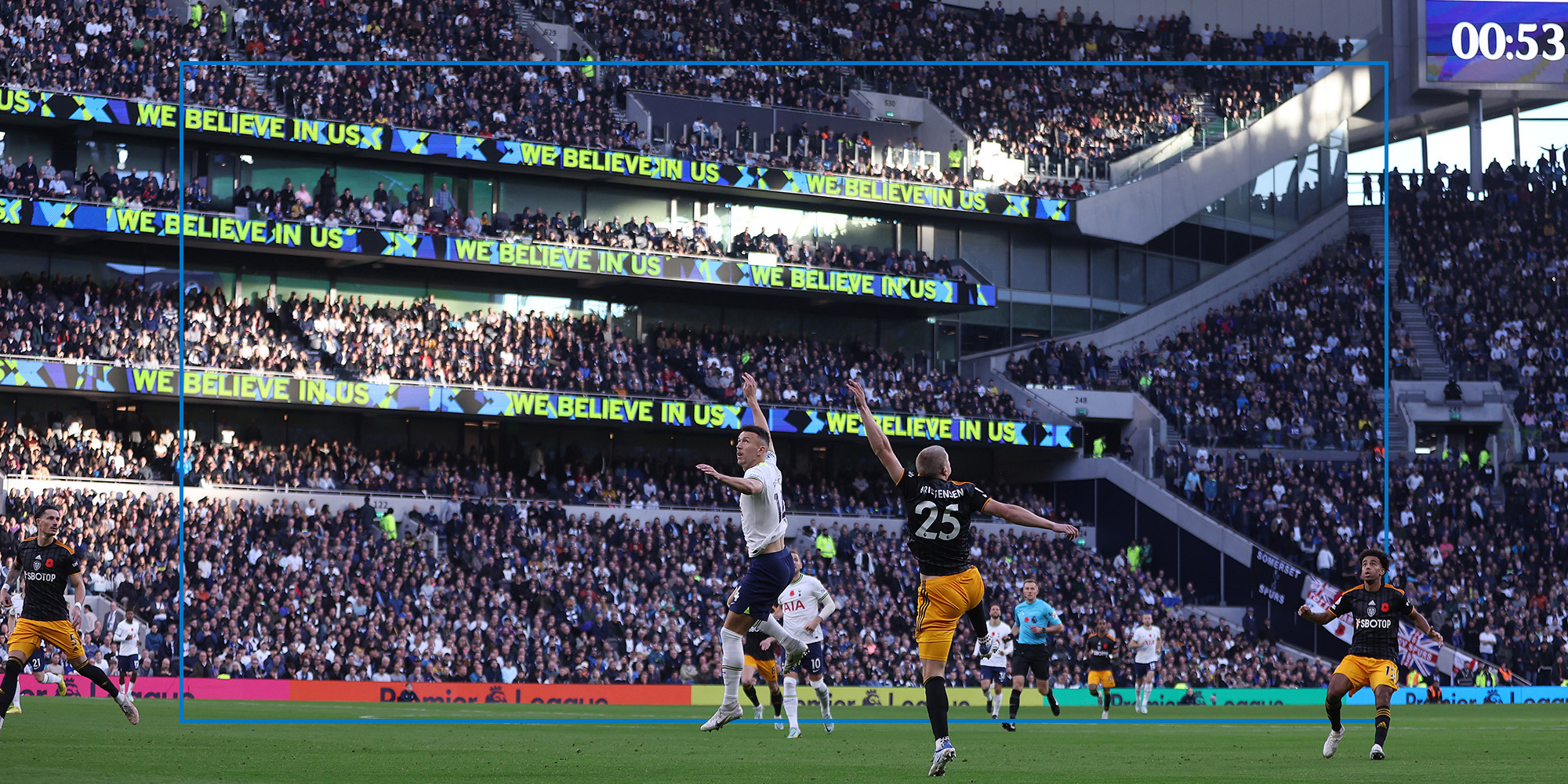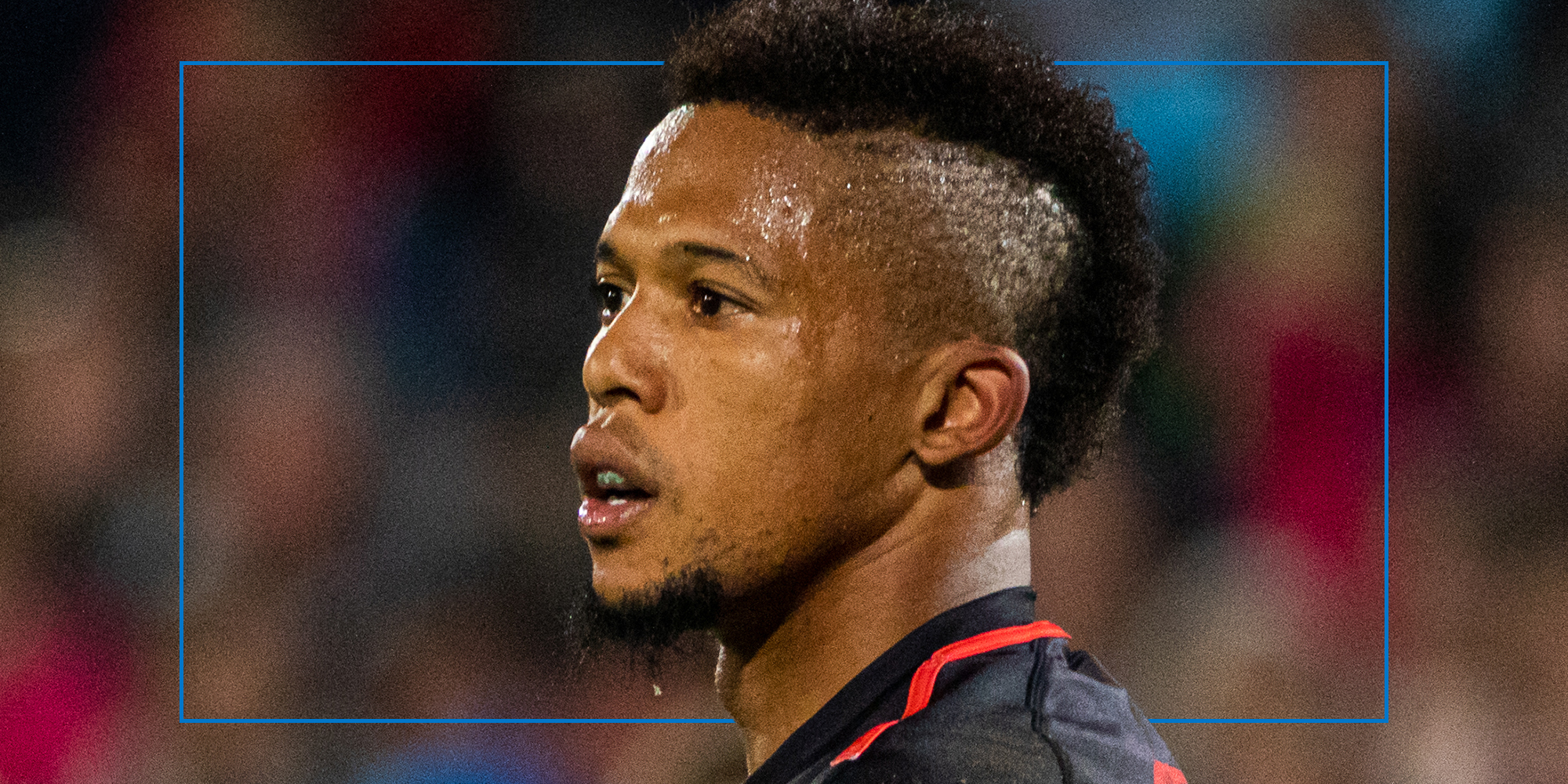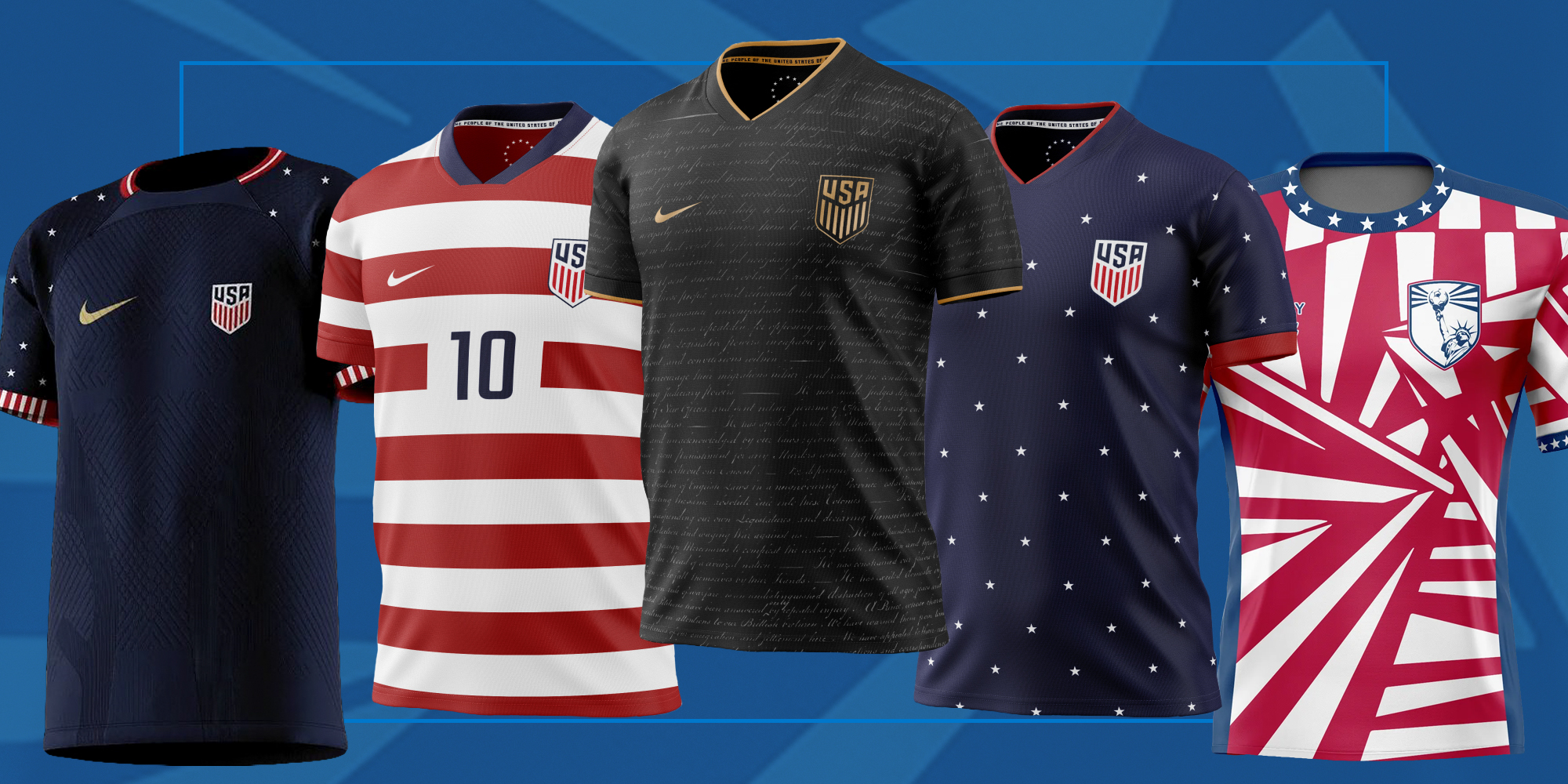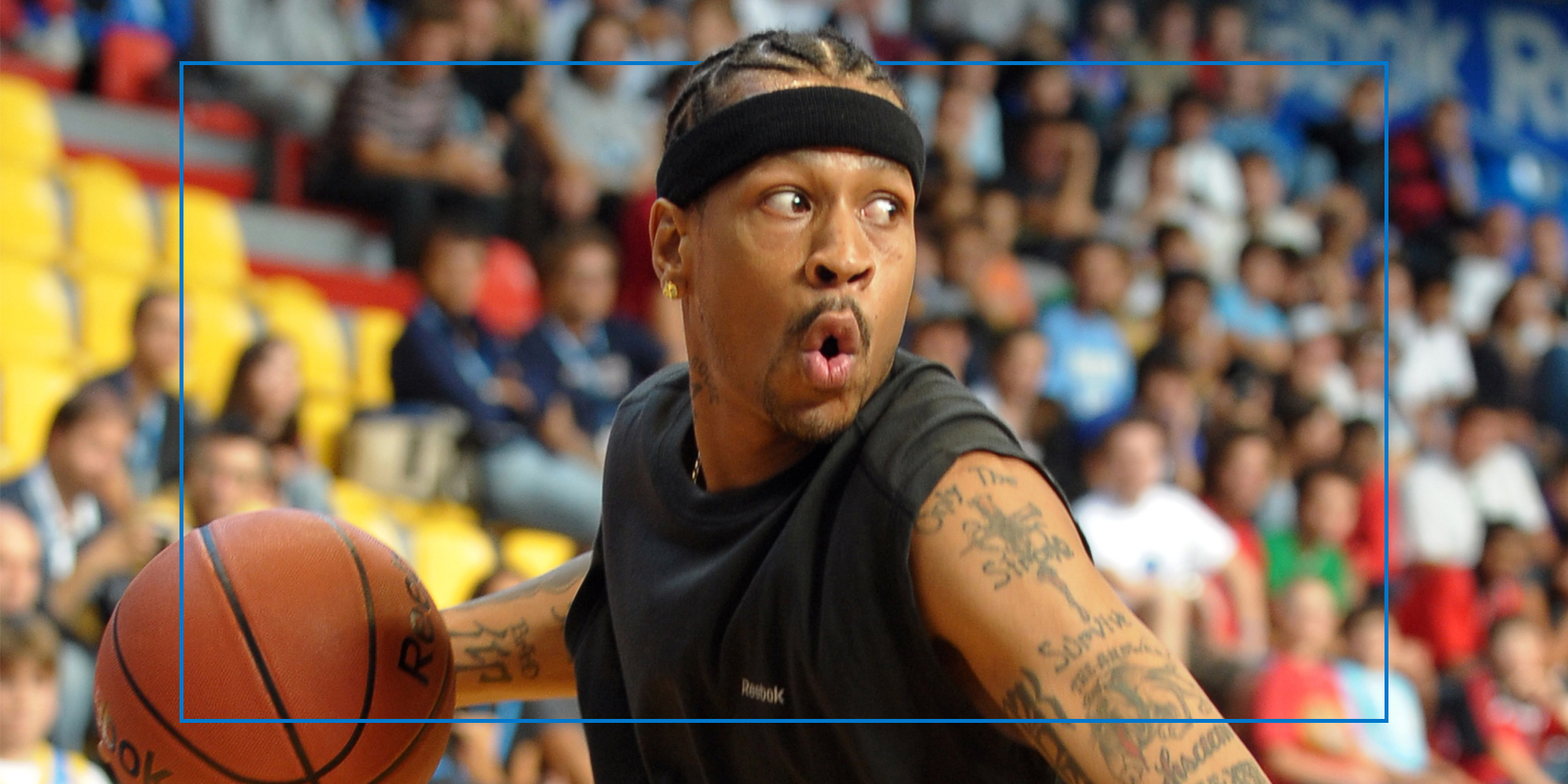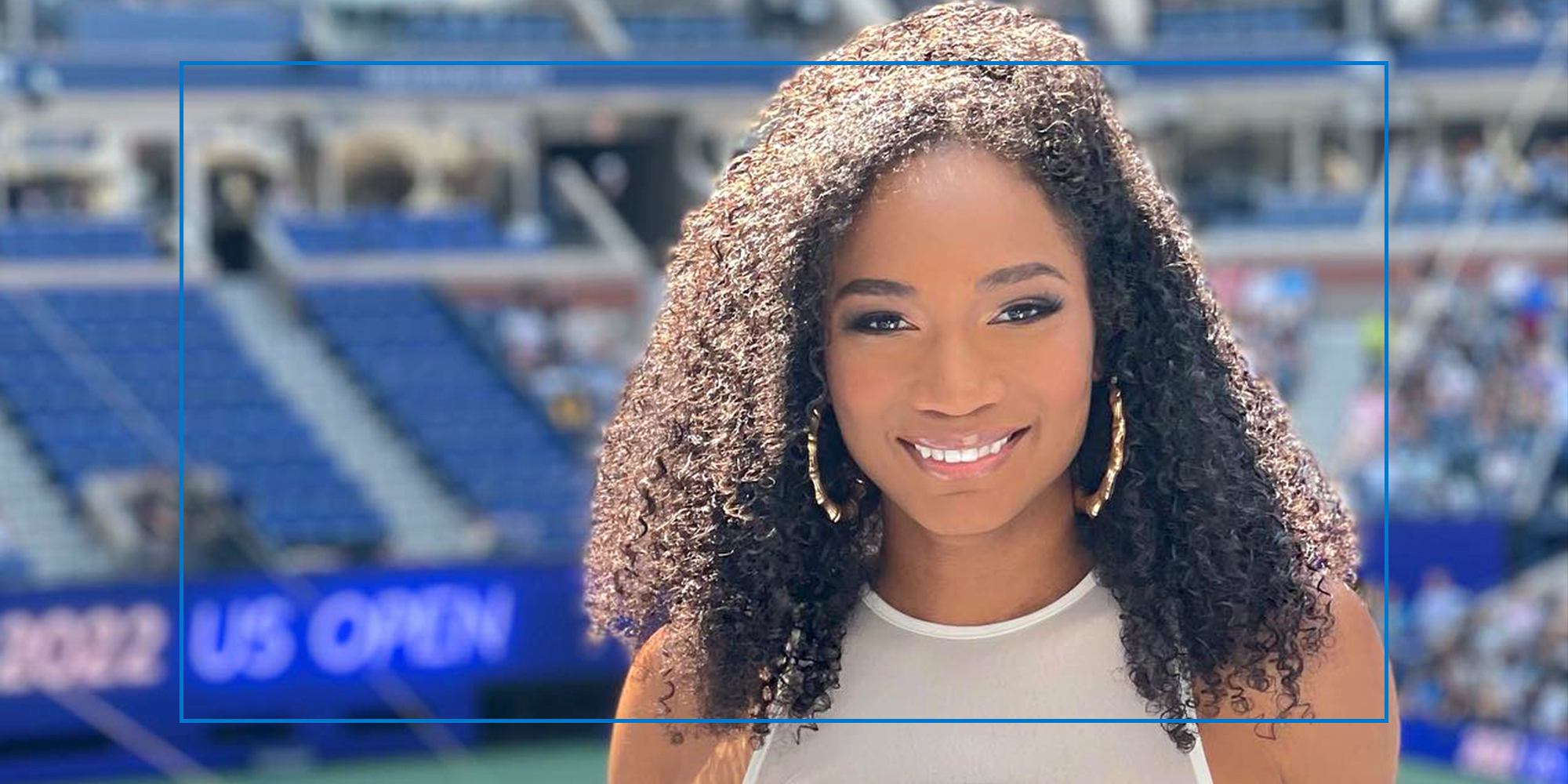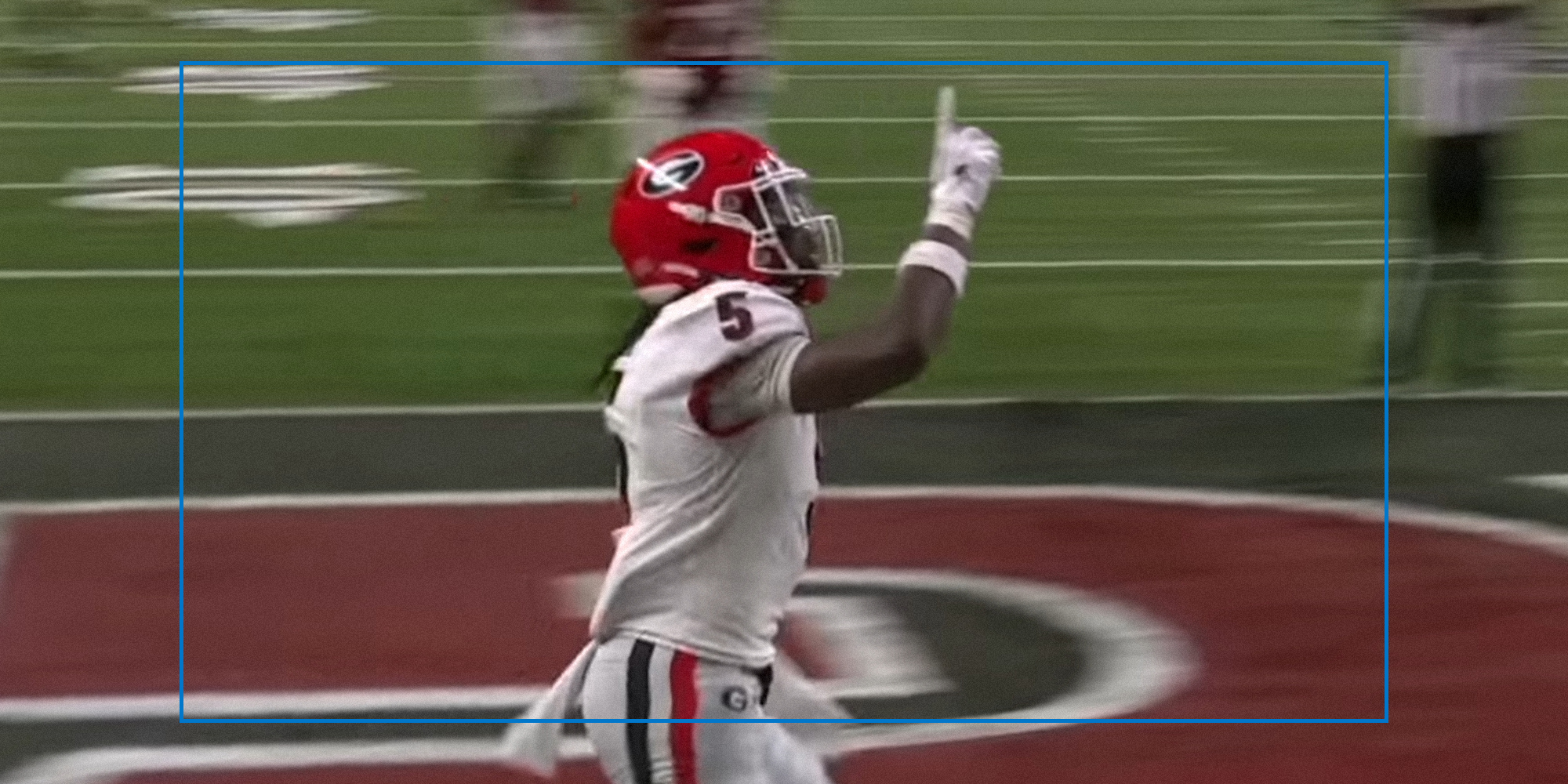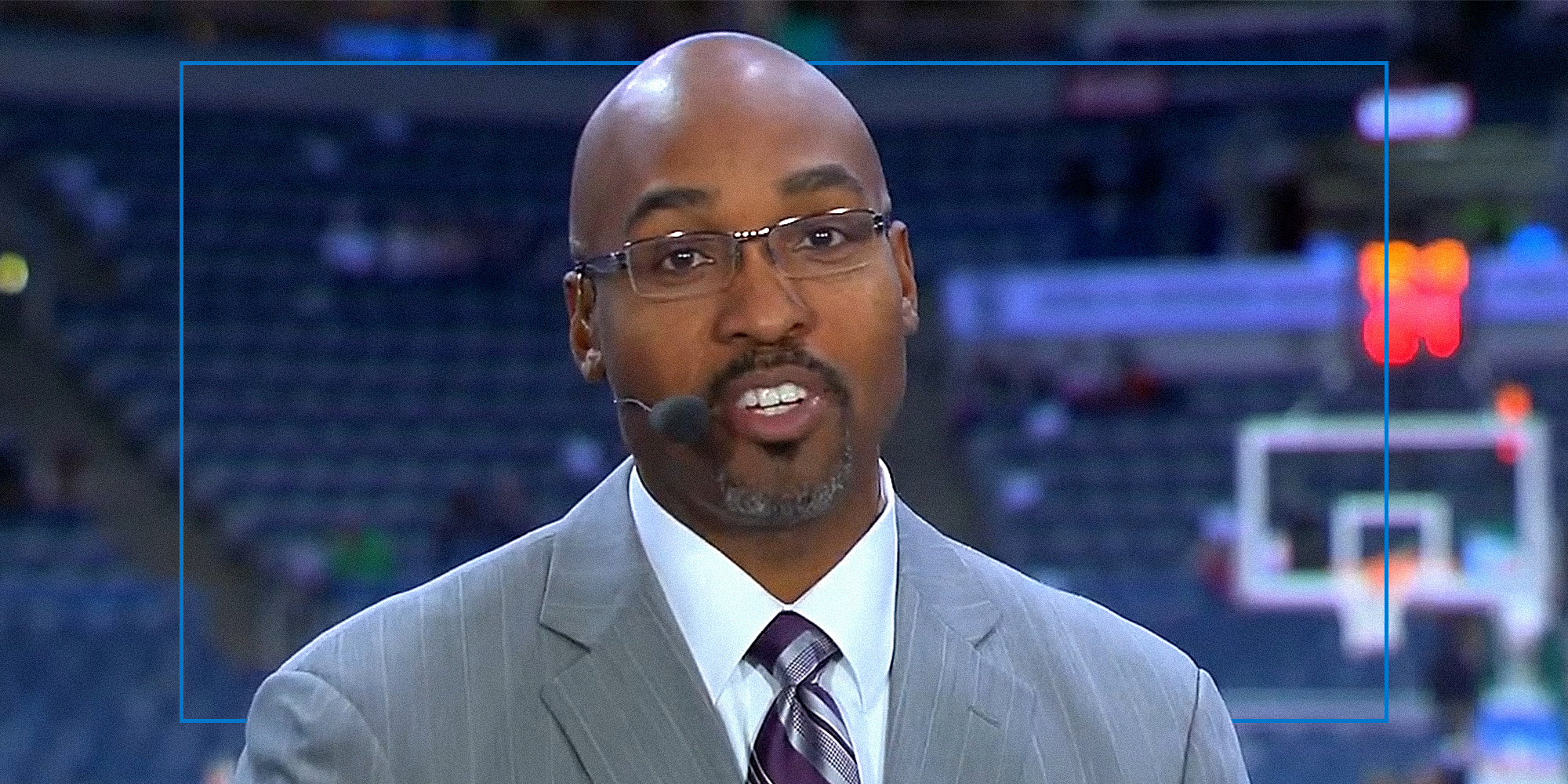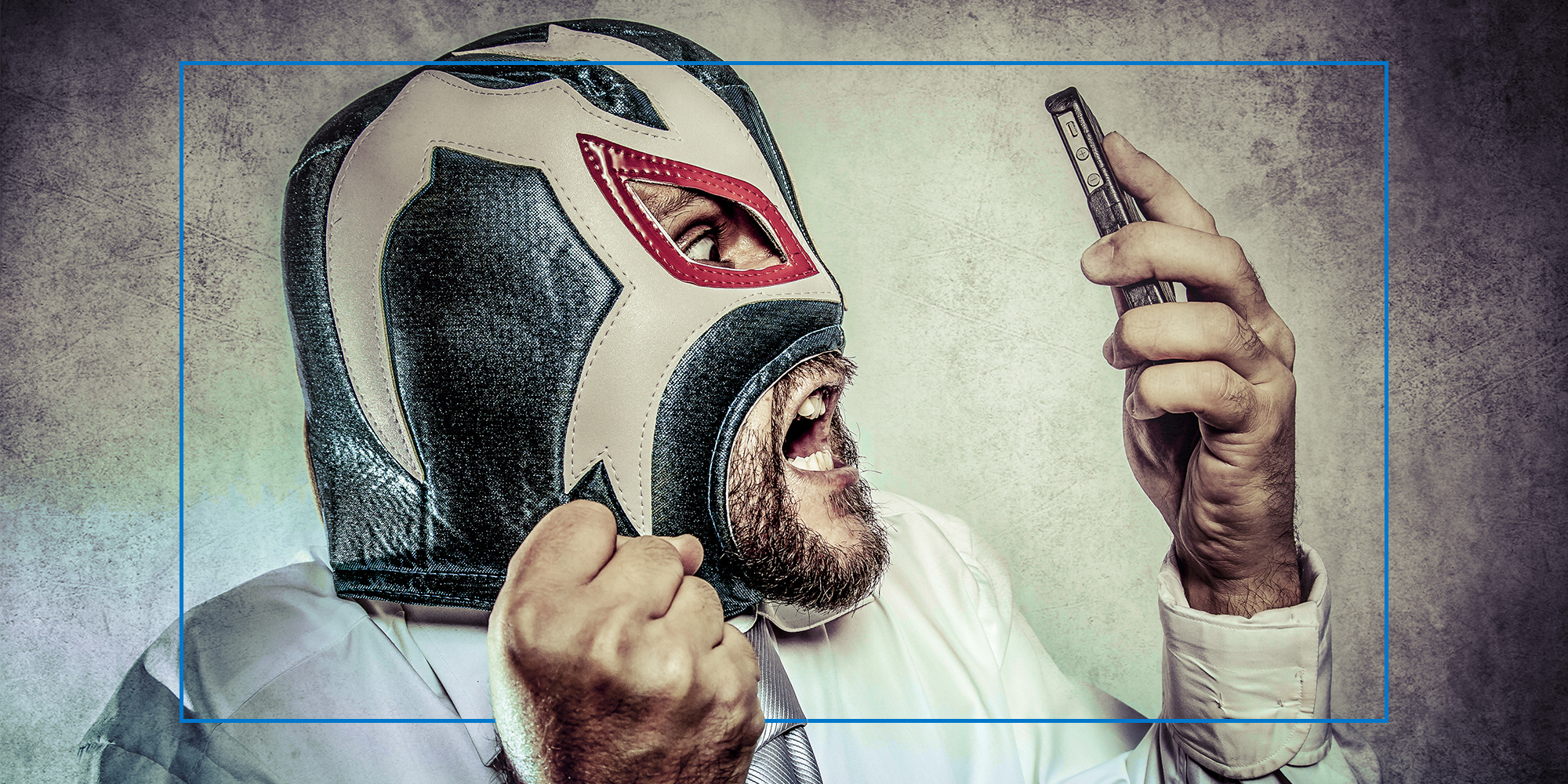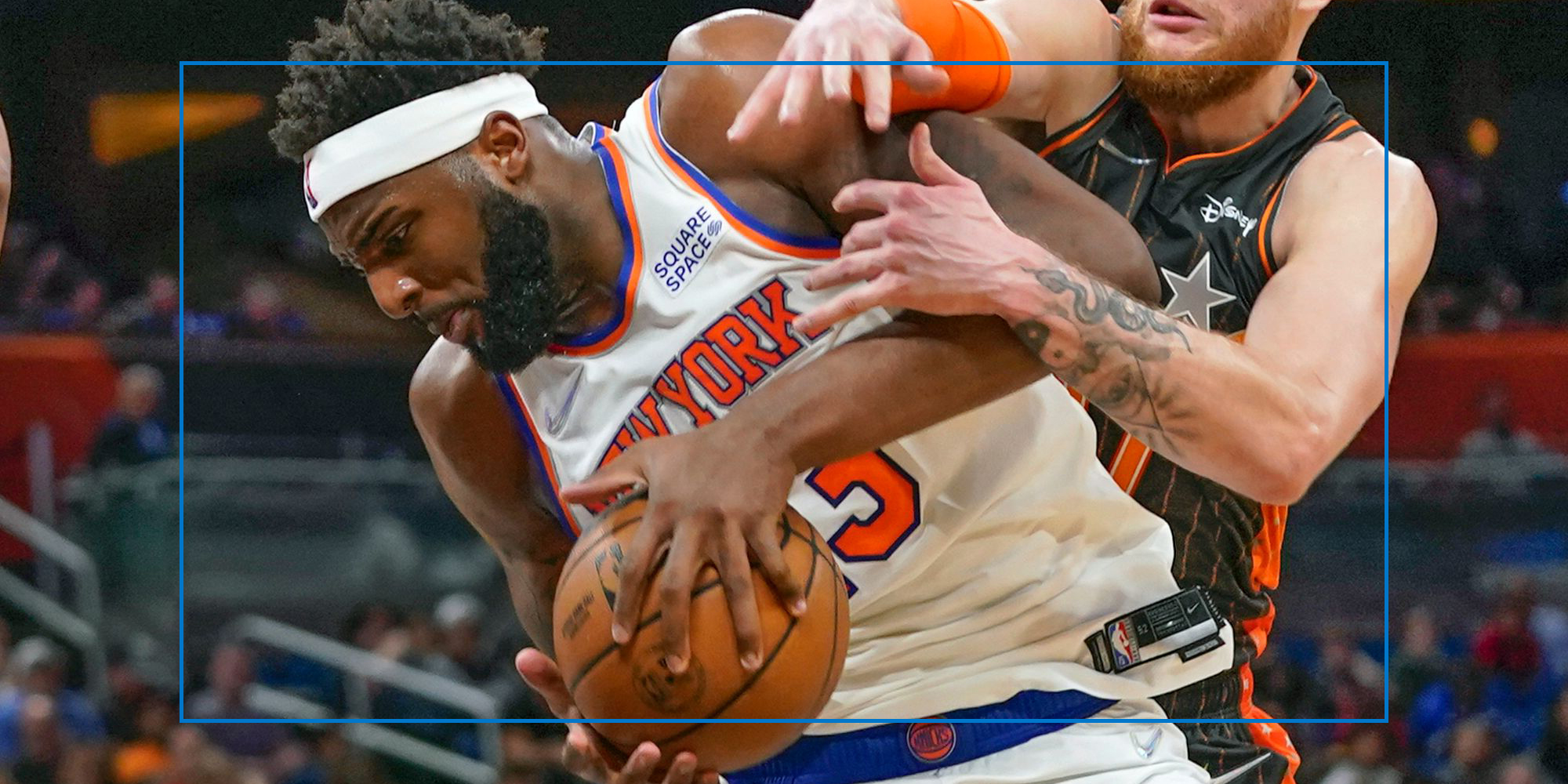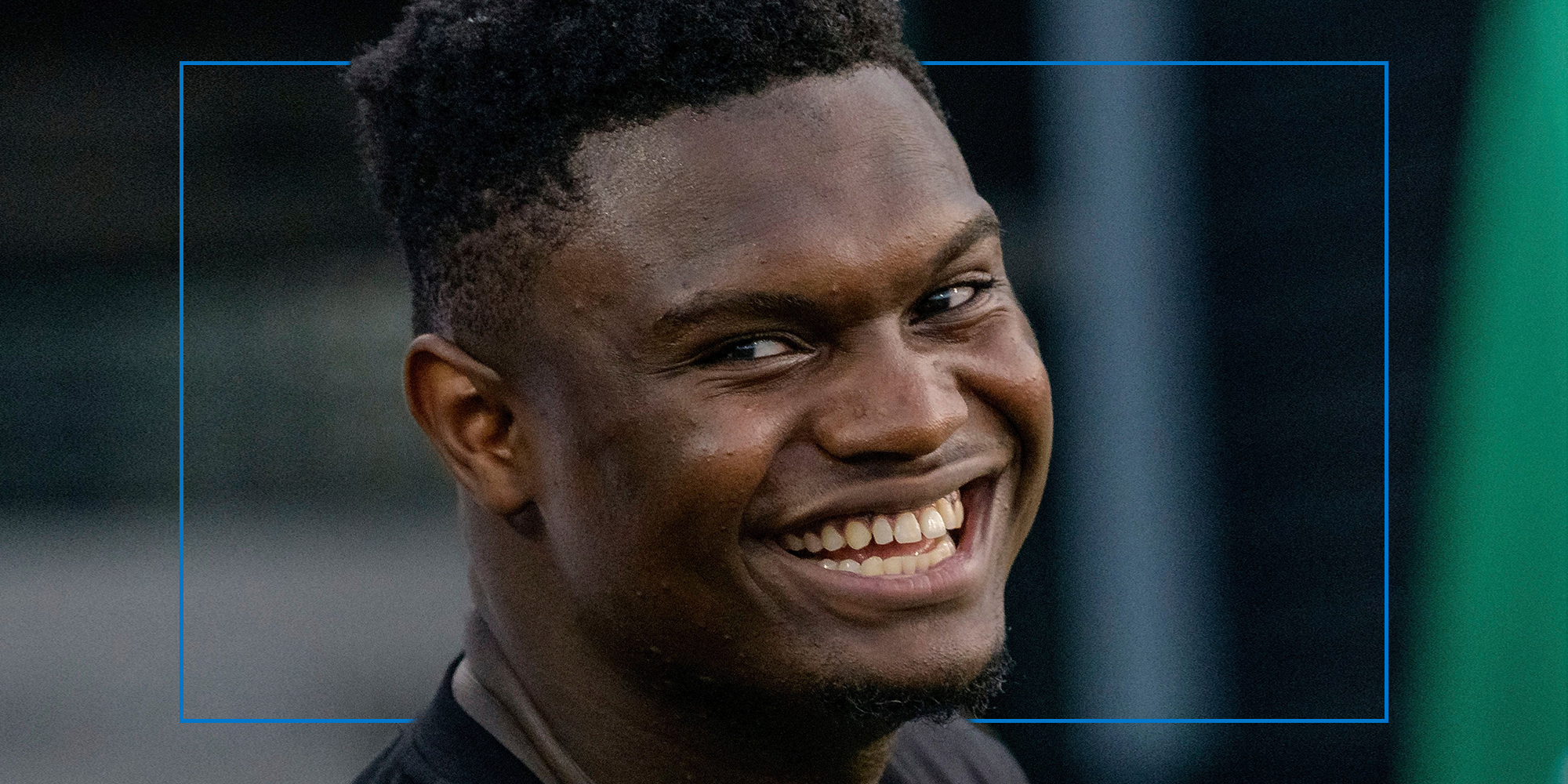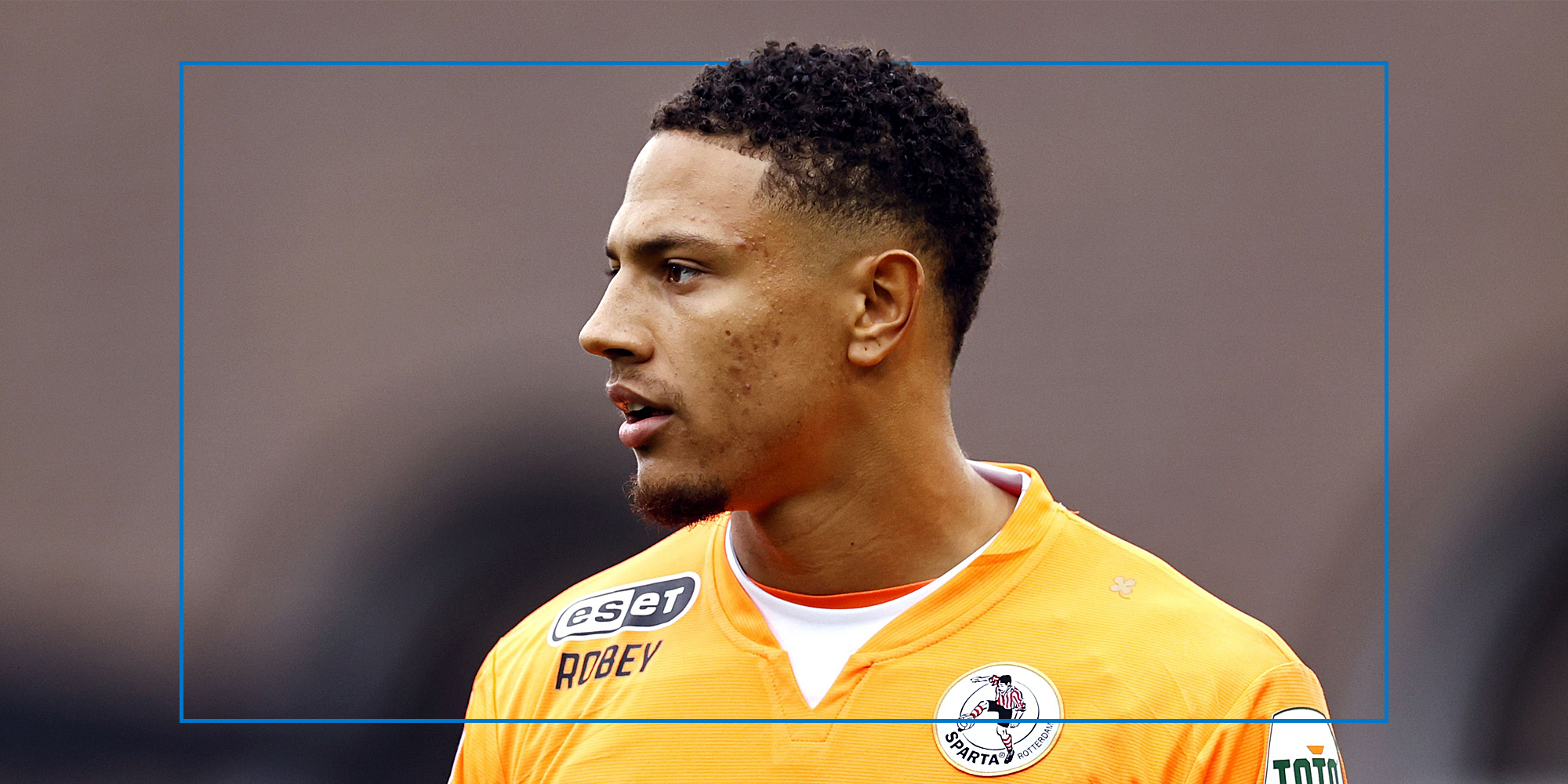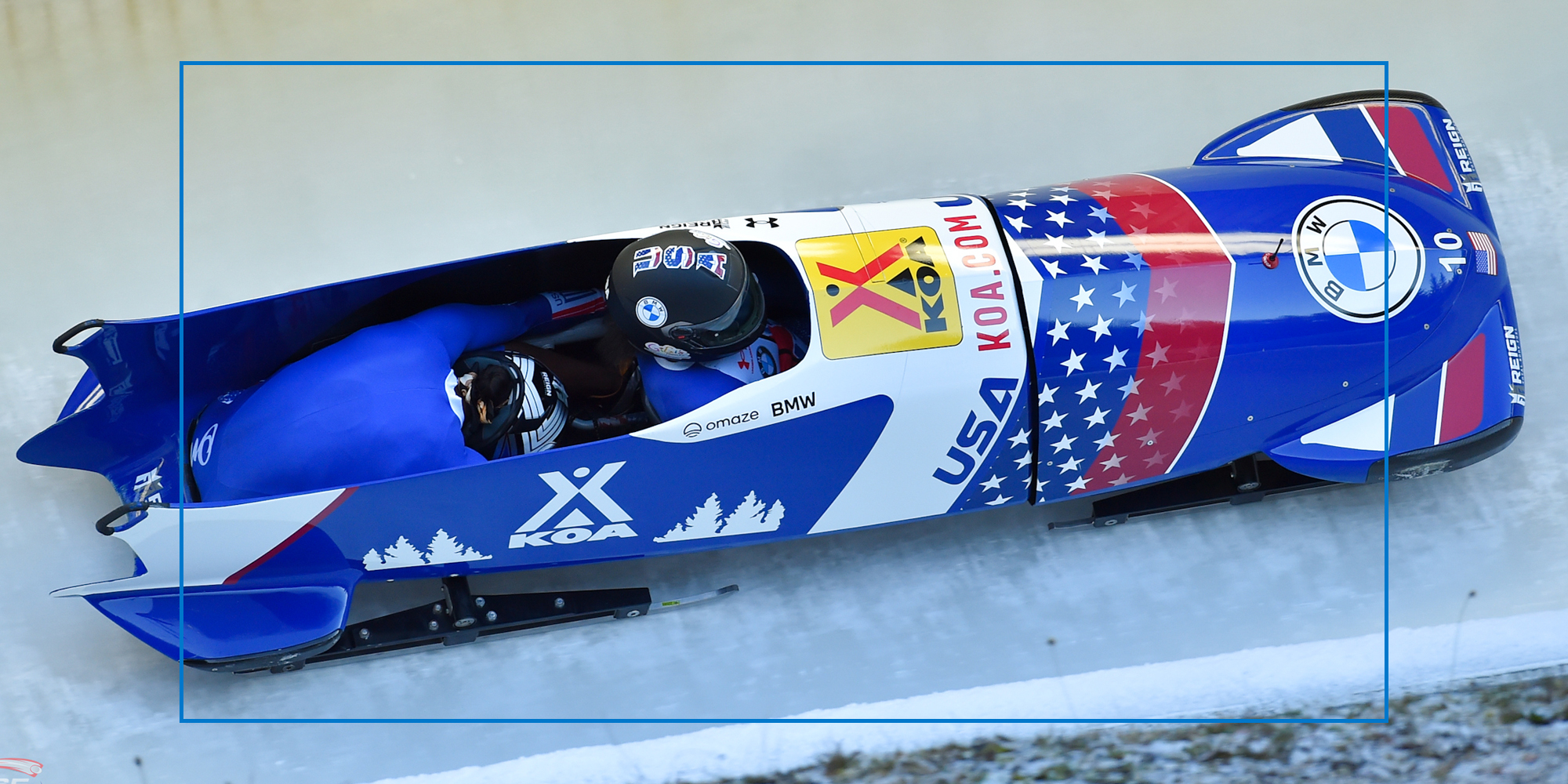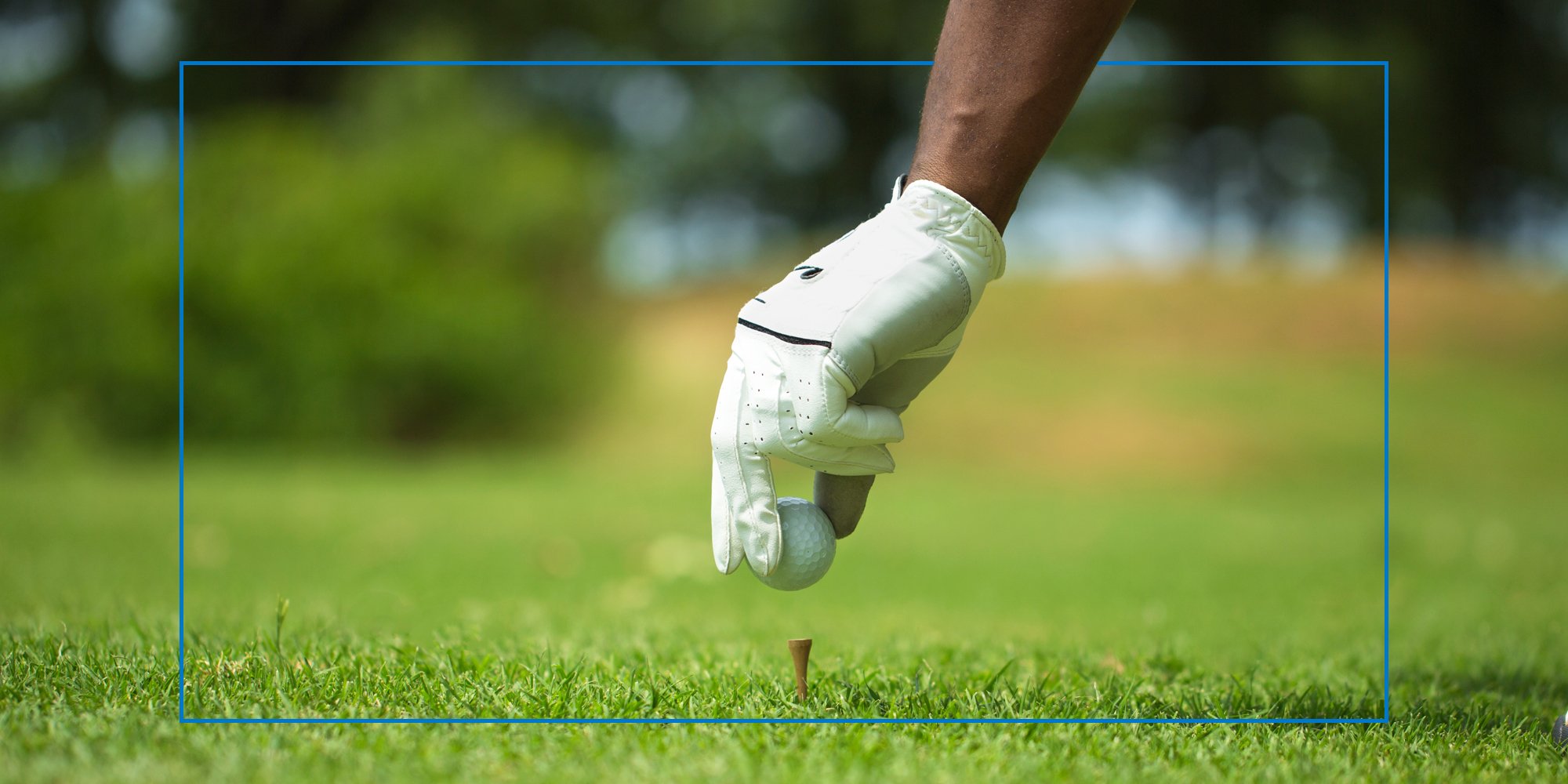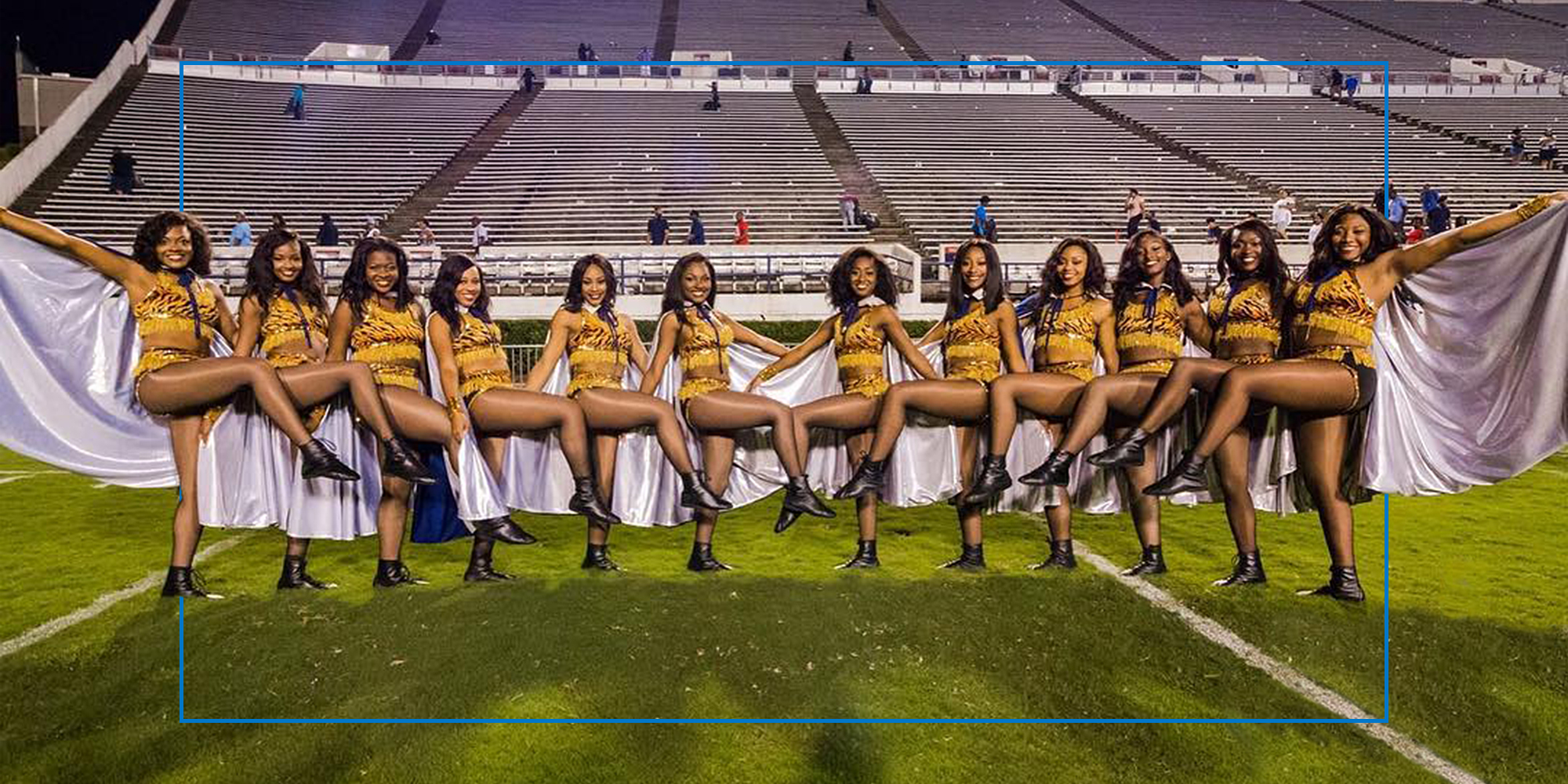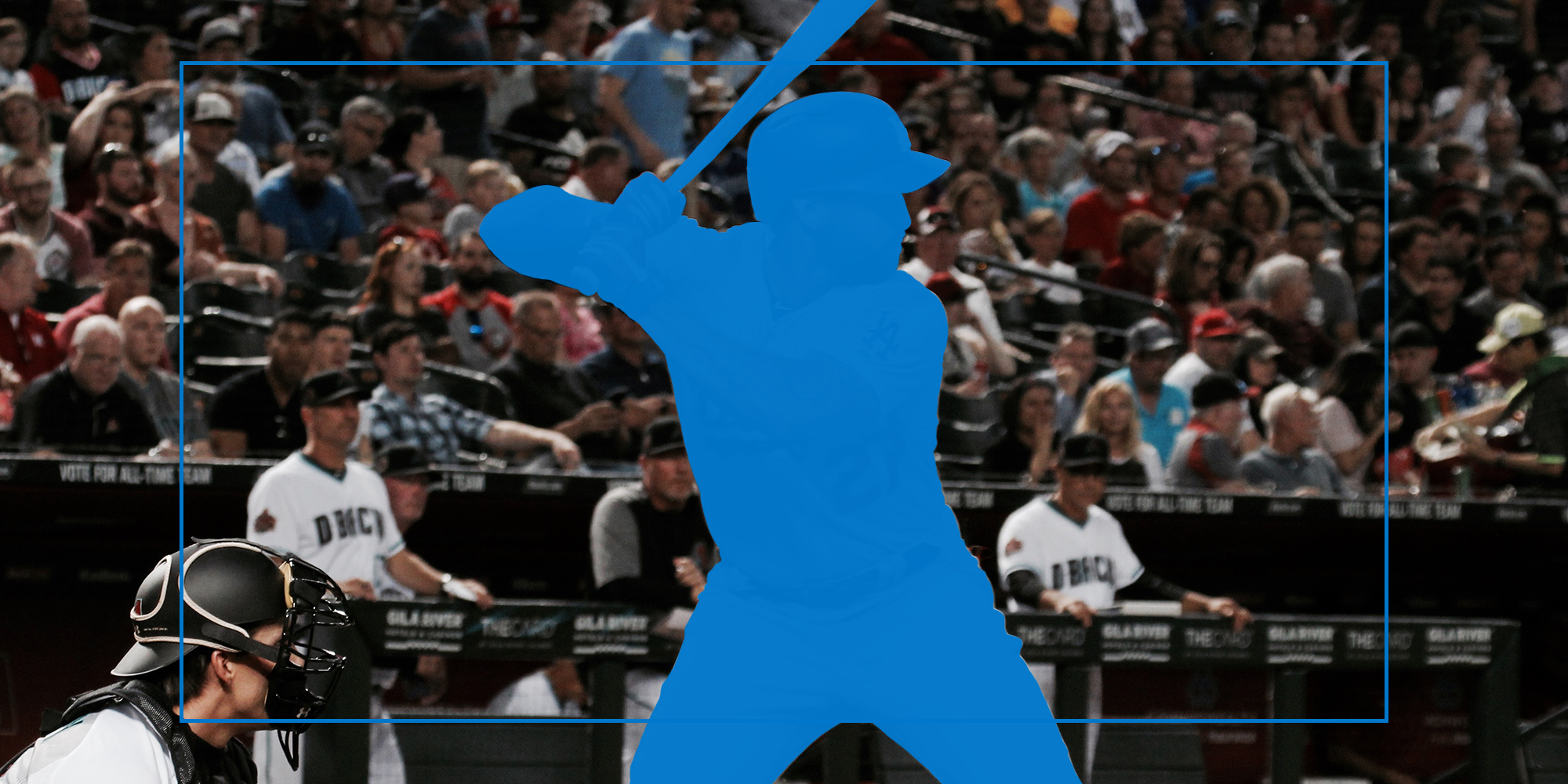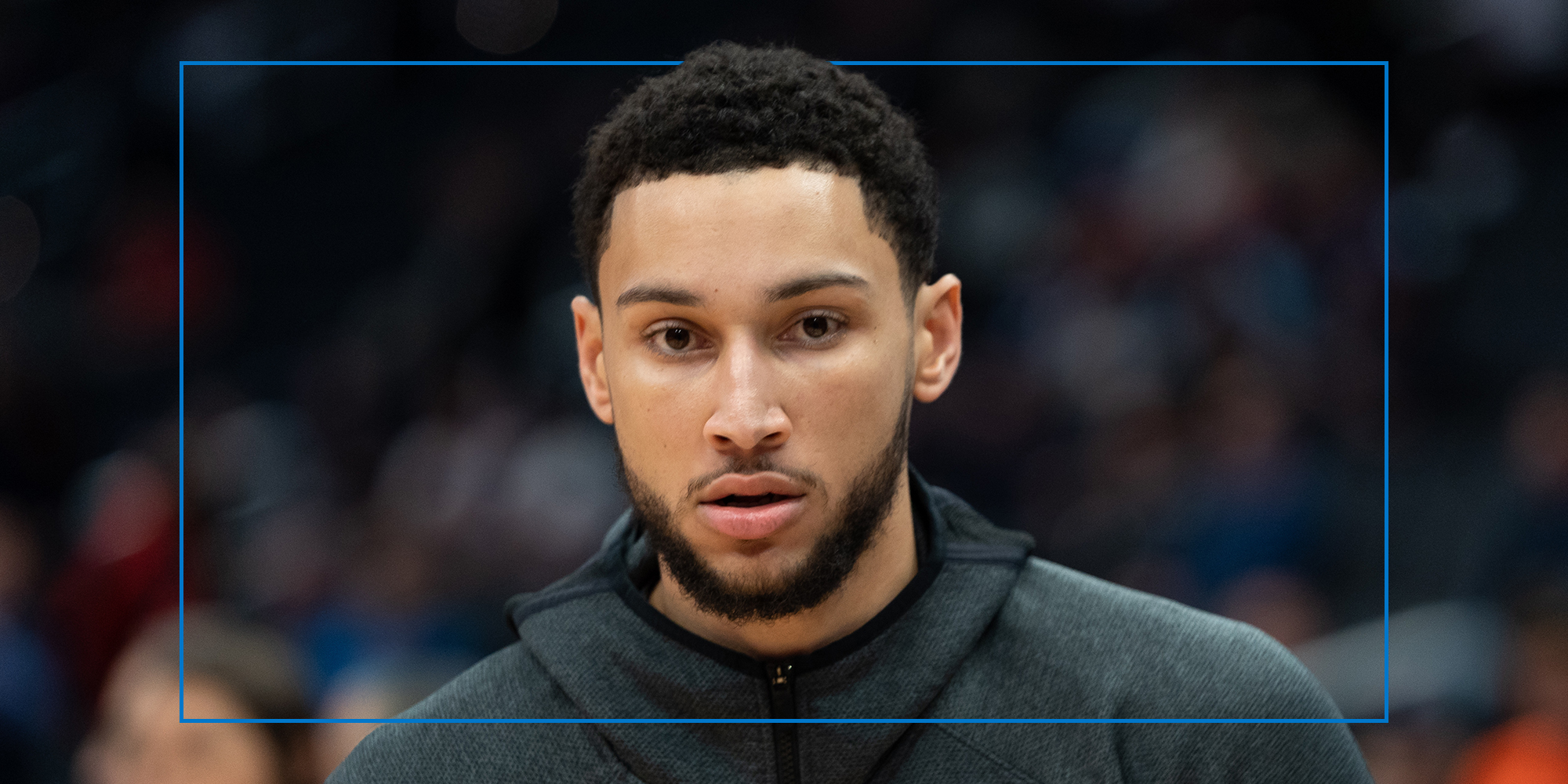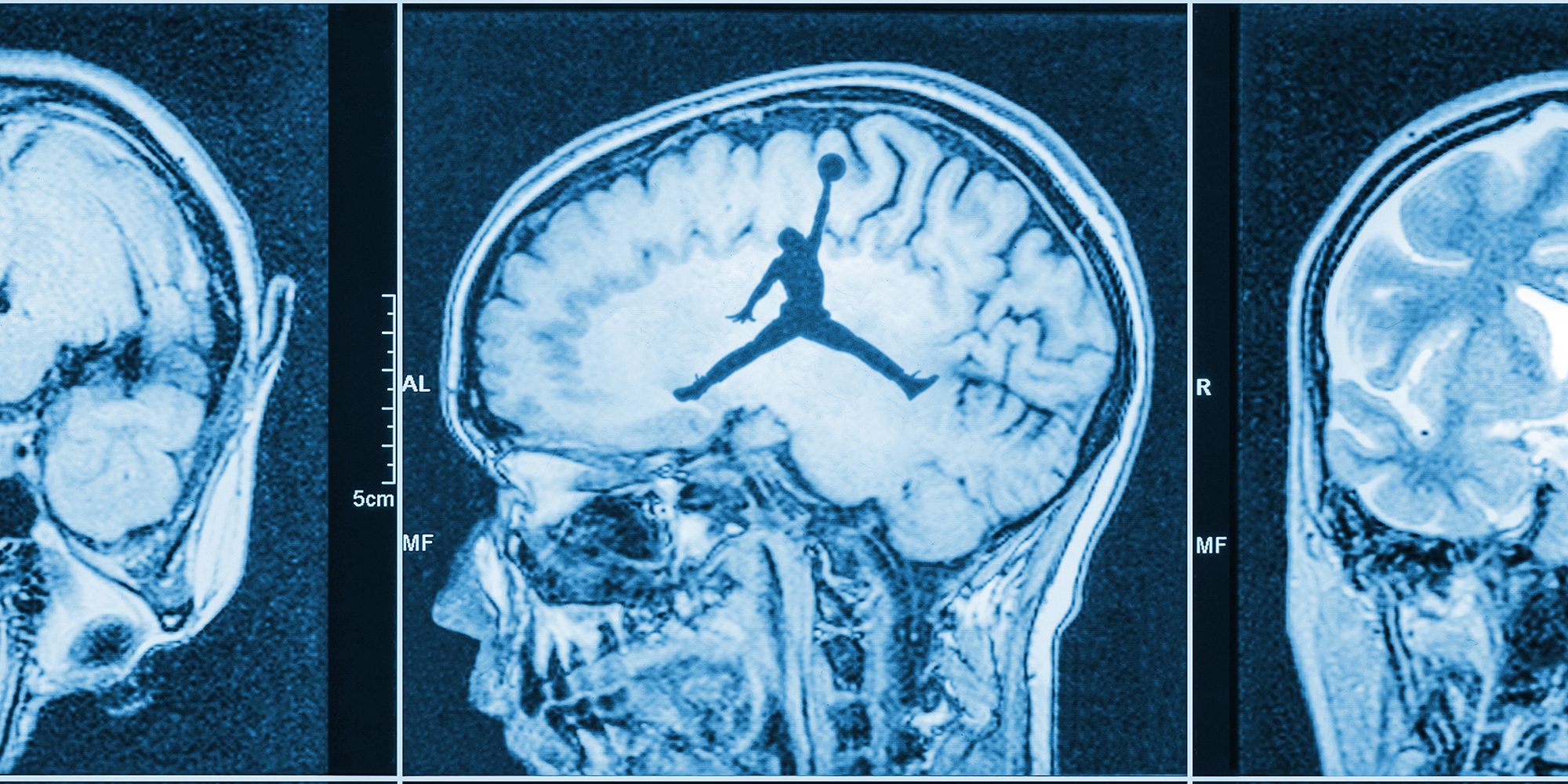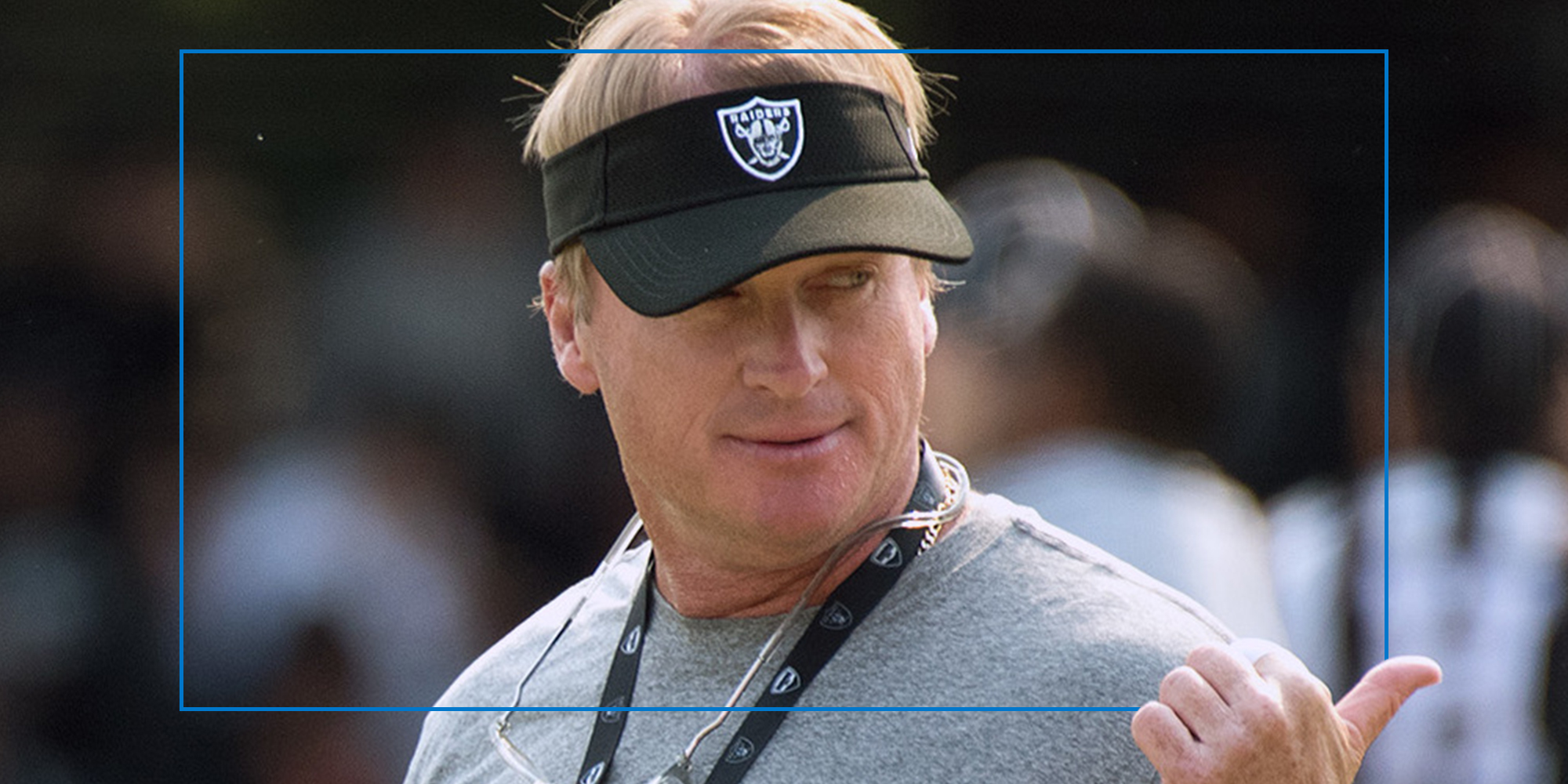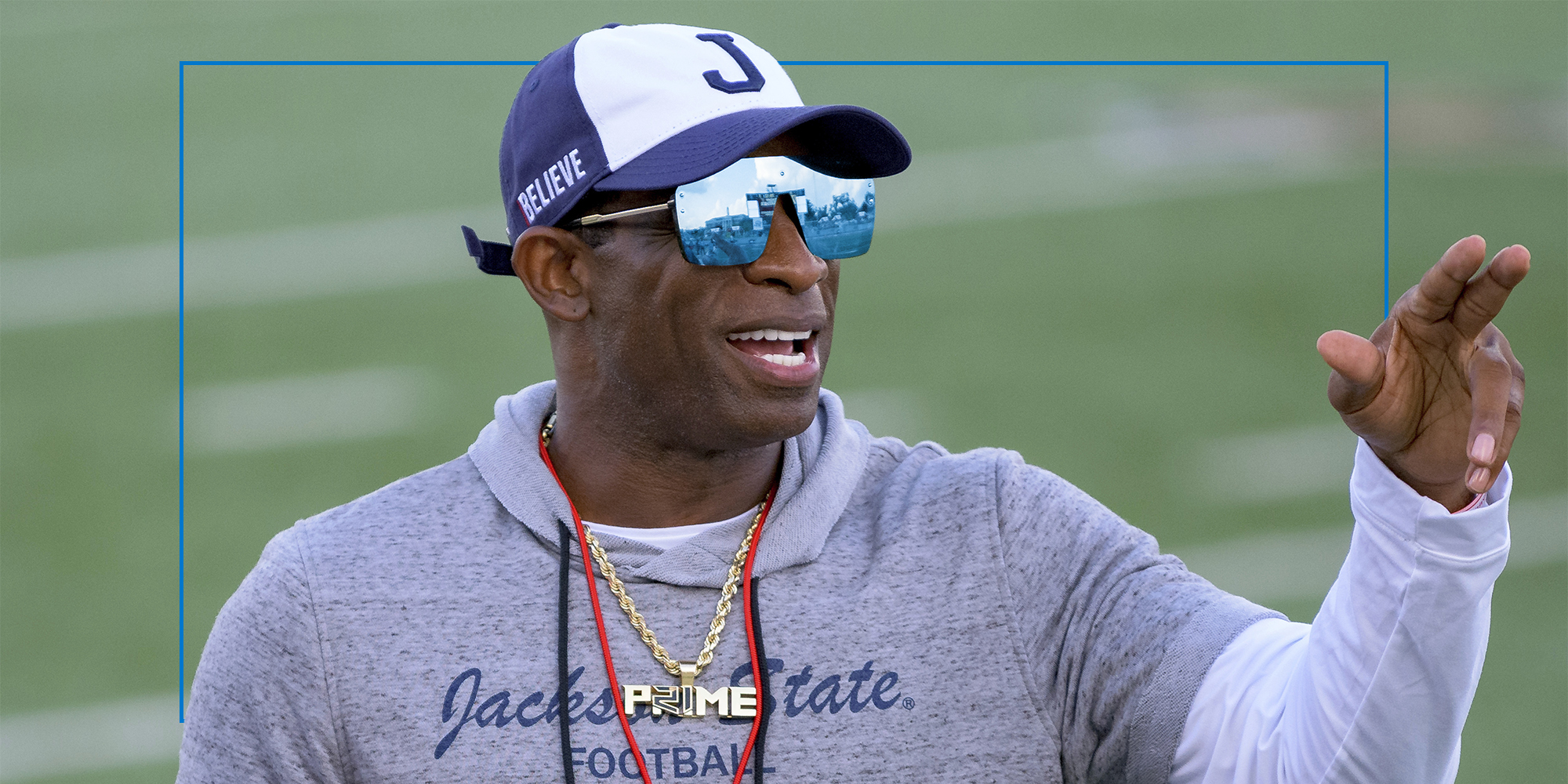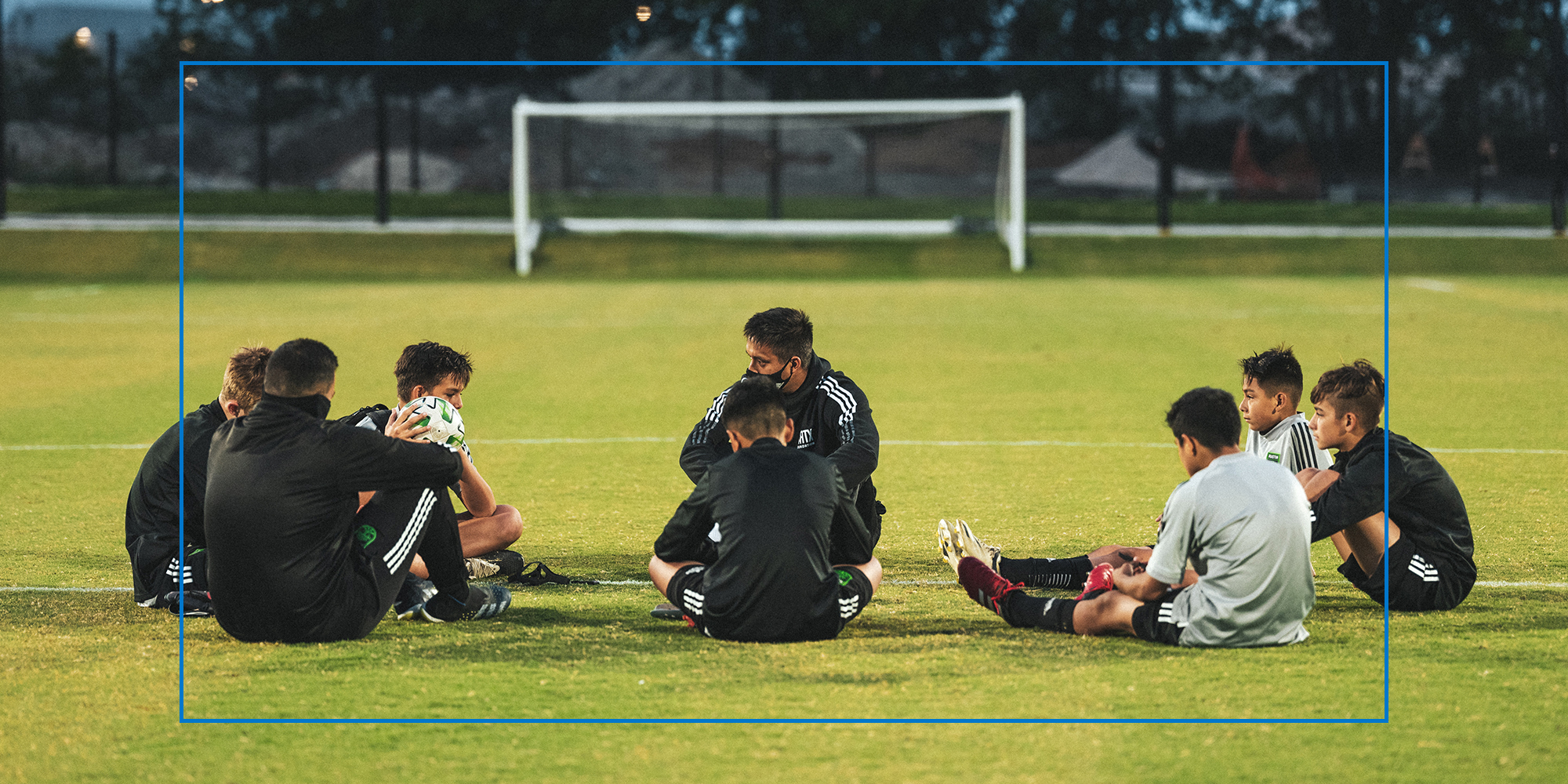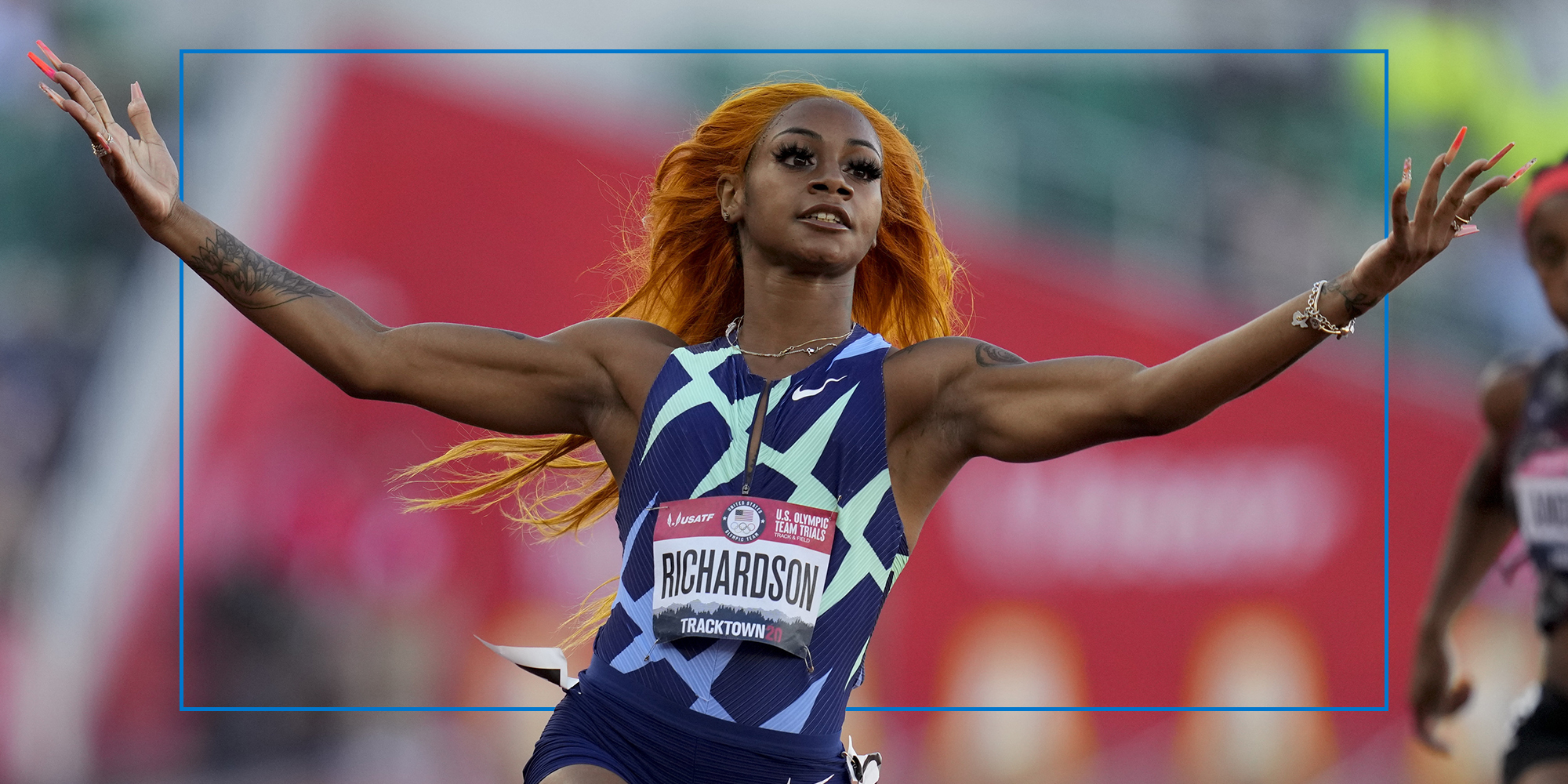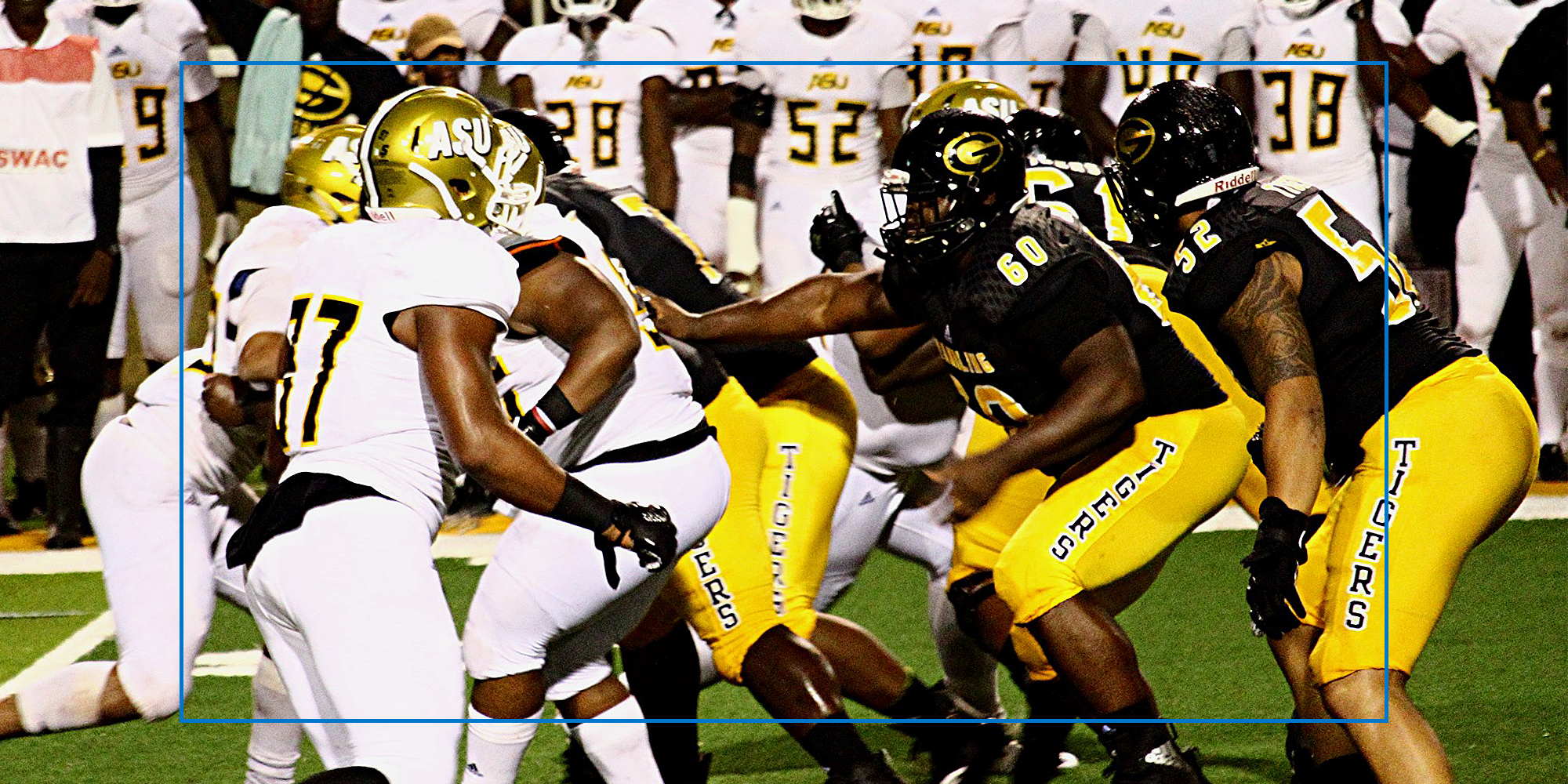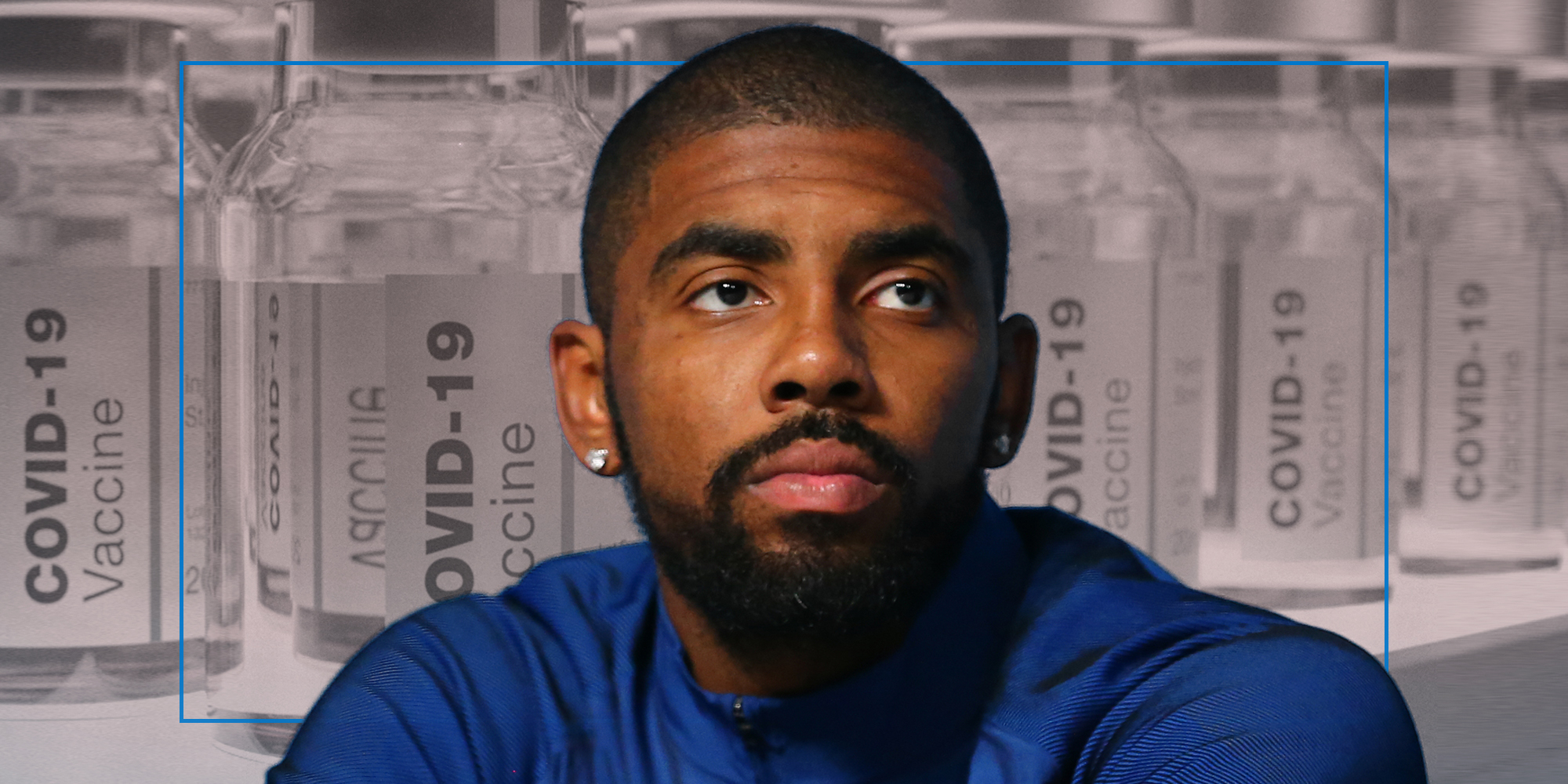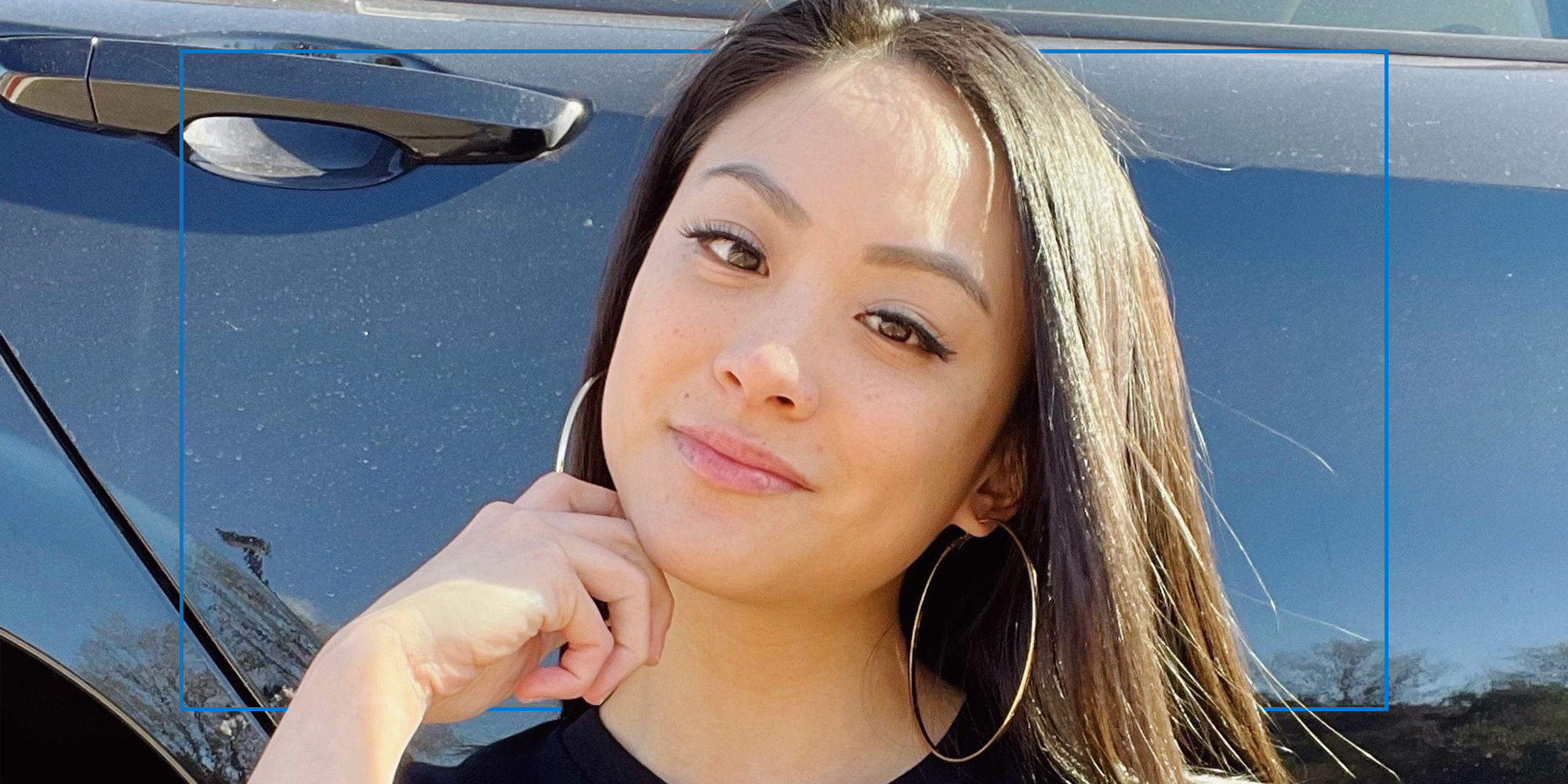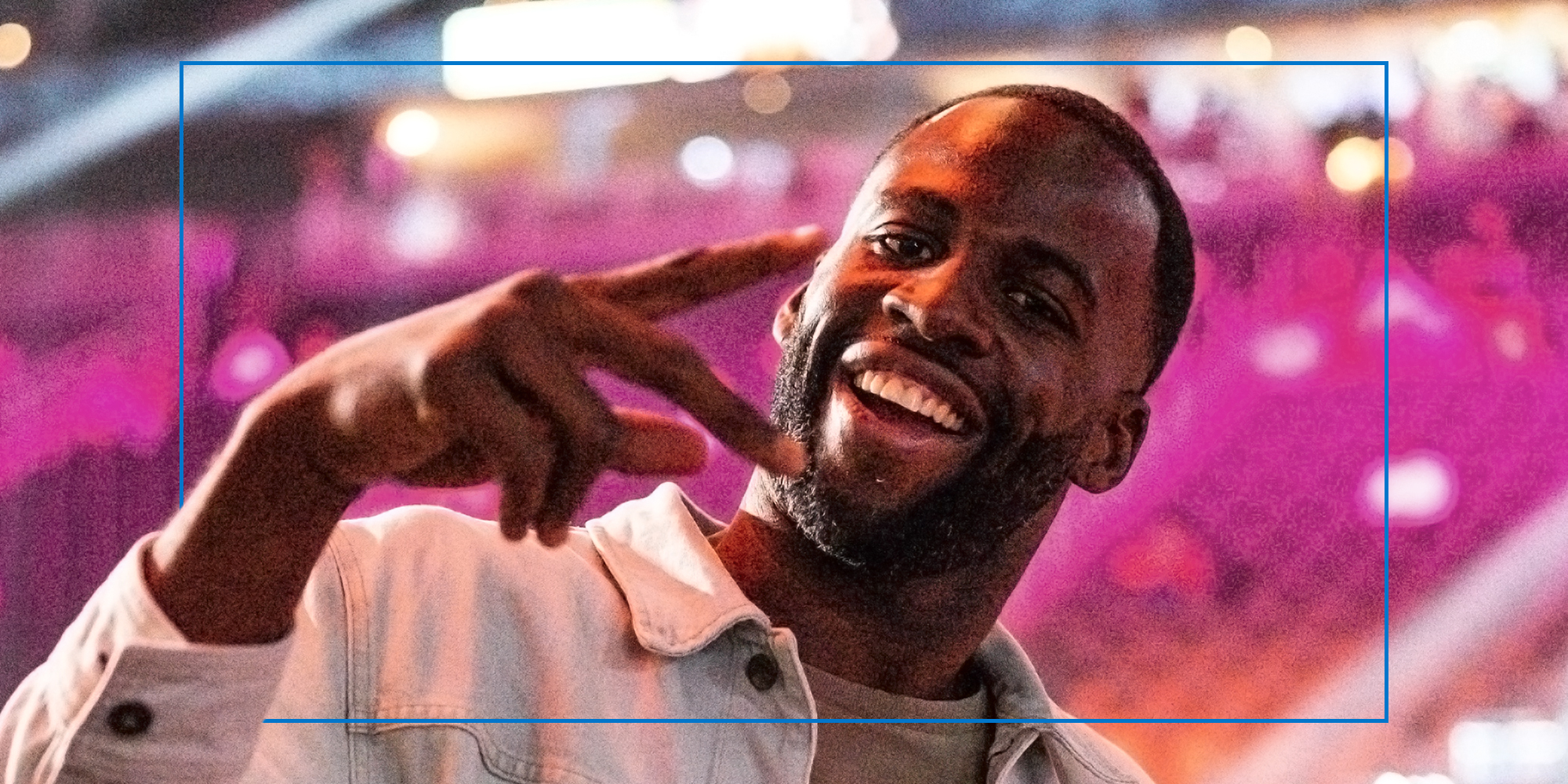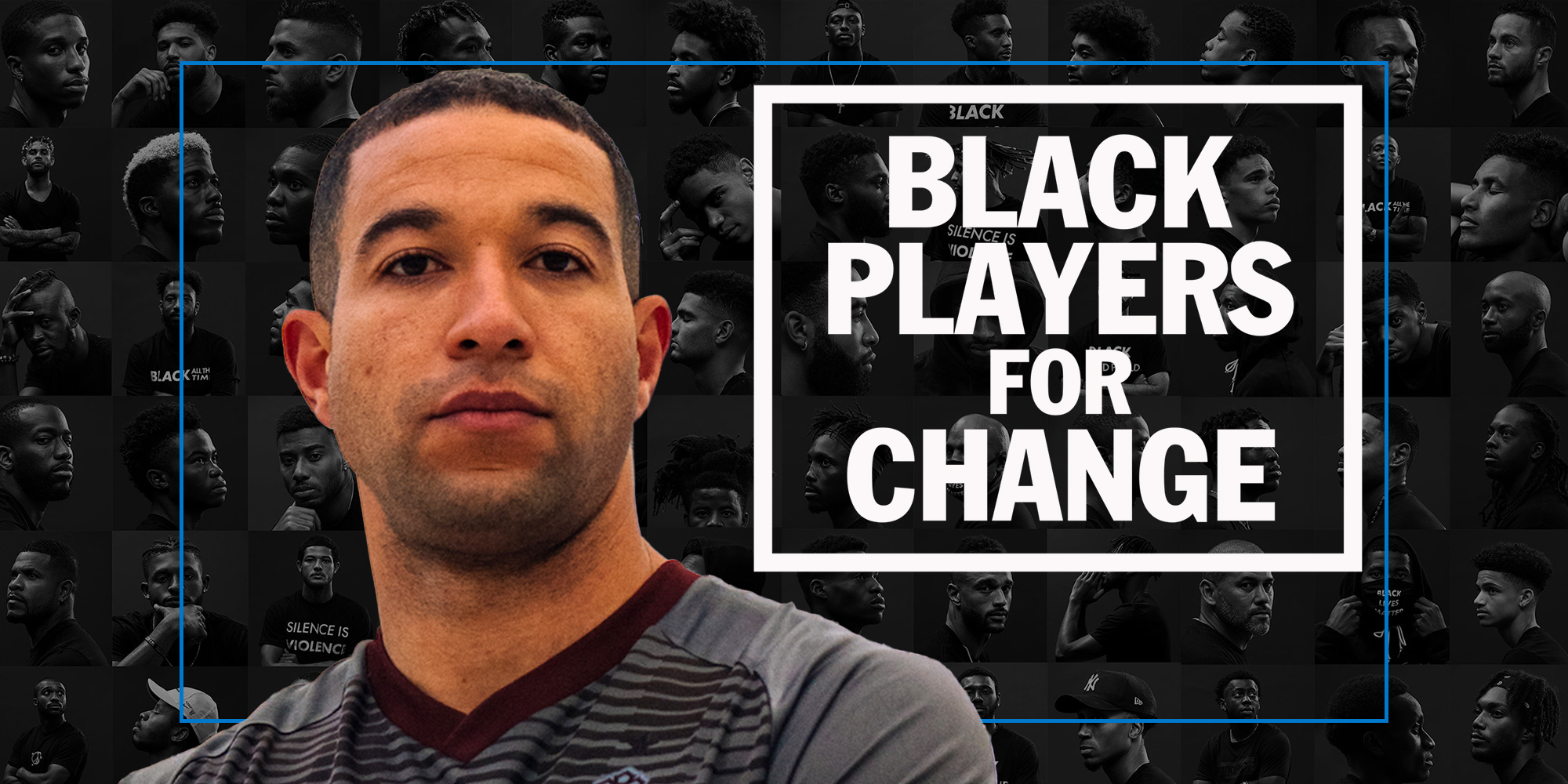Maduka Okoye is a burgeoning soccer star, having just played as Nigeria’s starting goalkeeper in the Africa Cup of Nations. With his Twitter audience at 87,600 followers and his Instagram seeing a 214.55% growth rate in less than four weeks, he’s become an international idol, too.
But if this bloom was not emboldened by sexualization, shadeism, and prejudiced opinions that constantly belittle his position as Nigeria and Dutch club Sparta Rotterdam’s first-choice goalkeeper, then maybe we would count this newfound fame for the 22-year-old as a fruitful addition to his career growth.
During the Cup of Nations, Nigeria was eliminated by Tunisia—and the fallout online has been swift and telling. Football opinionists disparaged the results that exposed the national team, known as the Super Eagles. “We played against a decent, organized Tunisian side and you could see the cracks in the Nigerian team,” UEFA football analyst, Oma Akatugba, told Presser.
When Tunisian Youssef Msakni took a goal into the net, Nigeria had 43 more minutes to equalize—it didn’t, and even with winning every group stage game, the defects showed Nigeria was limited. Okoye couldn’t possibly fill in these loopholes alone. Yet the loss was a long-anticipated-online Okoye flop, and in just an hour after the game, Okoye already had the comments section of his Instagram page disabled. Pinning the loss solely on him when the whole team lacked tact and composure was a deliberate attempt at trolling him more by onlookers. But, why this particular keeper?
Okoye and Nigerian Twitter
For Okoye detractors, internet stereotypes revolve around three tenets.
One, he suffers indelibly at the hands of colourism and toxic masculinity propellers in football as a light-skinned athlete playing for a predominantly Black fanbase. His countrymen regularly denigrate his skills, constantly creating unruly narratives which suggest that he prioritizes his looks and comfort over his profession on the pitch.
Of course, this is also championed by a more widespread ideology that good-looking people lack intelligence and do not think critically. Numerous tweets imply that he looked too good to be a goalkeeper. Masking hate and an inferiority complex behind tasteless jokes, from “ring light boy” to “Instagram model,” these labels are never just banter.
Twitter user, @_neenoe, whose tweet reached over 7,900 likes, over 2,000 retweets, and hundreds of comment spams, was just one out of thousands of onlookers with opinions which suggested Okoye’s incapability to keep the Tunisian goal was because he paid more attention to his appearance.
Oma says light-skin segregation is an undiscussed subject in African football, especially when the males think a player gets too much attention from women.
Two, the exaggerated depiction of his looks and sexualization of his body becomes reflected in media surrounding the Nigerian national team. Okoye became the face of the Super Eagles during the AFCON, becoming a tabloid fixture as his training photos went viral.
Football analyst and Nigerian journalist Colin Udoh in a chat with the Presser, said, “People provide the narratives and the media picks upon them. The media reports what people love to hear and people, especially women, like to see a depiction of sexual, handsome men, so the media feeds that need. We are at the point where people drive those narratives themselves and when they do that, the media picks up on it and runs with it.”
In 2021 when Leicester’s Kelechi Iheanacho got nicknamed “senior man” by the media, it was the impressed fans who had projected the name into its international adoption. (“Senior man” is akin to “big man” in the U.S. as a nickname for popular and influential people; the slang term is common in West African nations such as Ghana and Nigeria.) It is not new that the media is keen on covering what more people commonly agree with, and Okoye has been put in the spotlight.
Three, many Nigerian football fanatics think that Okoye’s half-Nigerian identity is not enough to make him the country’s starting keeper. Born and raised in Germany to a Nigerian father and German mother, Okoye spent his early days in Dusseldorf. Many Nigerians think this is a demerit. The Tunisian loss stirred strong worry as to why a country would antagonize its own citizen, even with death threats, and concern that he’s not even seen as Nigerian.
“I heard of conversations on WhatsApp groups. People calling these guys ‘Foreigners’ playing for Nigeria and I had to remind them on two fronts. First, Nigeria’s constitution says that anybody who has at least one grandparent who is Nigerian is automatically and legally Nigerian. Secondly, anyone who decides to take advantage of that and legally claims their Nigerian heritage is also a Nigerian,” Colin said.
Reiterating that the hostility to mixed-race Nigerian footballers from fanatics has ousted them from identifying wholly with their nationalism, Oma added that even amongst teammates, he’s heard complaints from sources.
Okoye could win
Already, there are a ton of memes and satire-laced TikTok videos portraying Okoye as overly dramatic so as to preen and pose. If he’s not drinking water in the course of a save, he’s wiping his face and arms with a towel. Other times when he manages to keep a goal, the TikToker is either seen laying down as if in a fashion photoshoot or stretching out sensually. There are online campaigns for his removal from the team and especially from the forthcoming World Cup Qualifier.
Still only 22, Colin thinks that Okoye’s on-pitch flaws are minimal and he has a huge ceiling. “He’s got the footwork, he’s got the build and he’s got the confidence; he’s a great goalkeeper in the making if he keeps his head high and ignores the noise,” he said. He also asserts that the last two years especially have recorded a massive growth in his performance.
Okoye can fight off the narratives by being better—and tougher. As hard as the opinions run, people can’t suppress awe with great soccer performances. Nigerian football expert and journalist, Fisayo Dairo, reaffirms this, telling Presser: “Okoye is calm, has good reflexes with goals, good communication with his defenders, and above all, is someone you can rely on to keep a team in the game. That’s what he has consistently done for his Dutch club, Sparta Rotterdam. He is a goalkeeper who is rising and should continue to rise.”
See more stories from Presser – examining the intersection of race and sports online.

